4. 主题报告
4.1 无人驾驶的环境感知与理解 (jian yang, NJUST)
outline
- 无人驾驶发展简介
- 遥控驾驶,自主驾驶,南理工无人车,
- 行车环境视觉感知与理解 (具体介绍贴图片)
- 阴影检测与去除
- 车道线检测
- 行人检测与姿态估计
- 场景分割与深度估计
- 无人驾驶发展简介
具体,如图

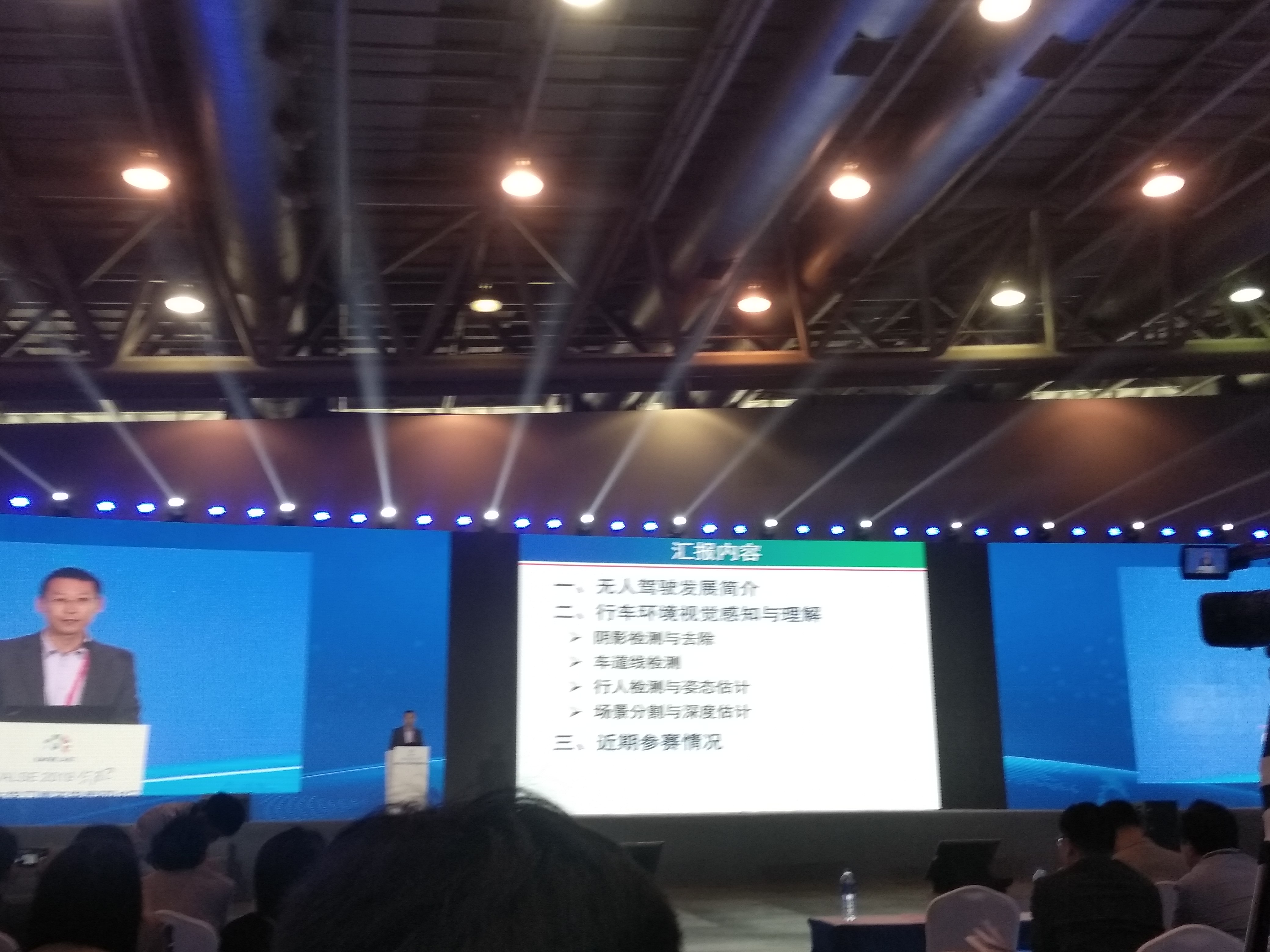
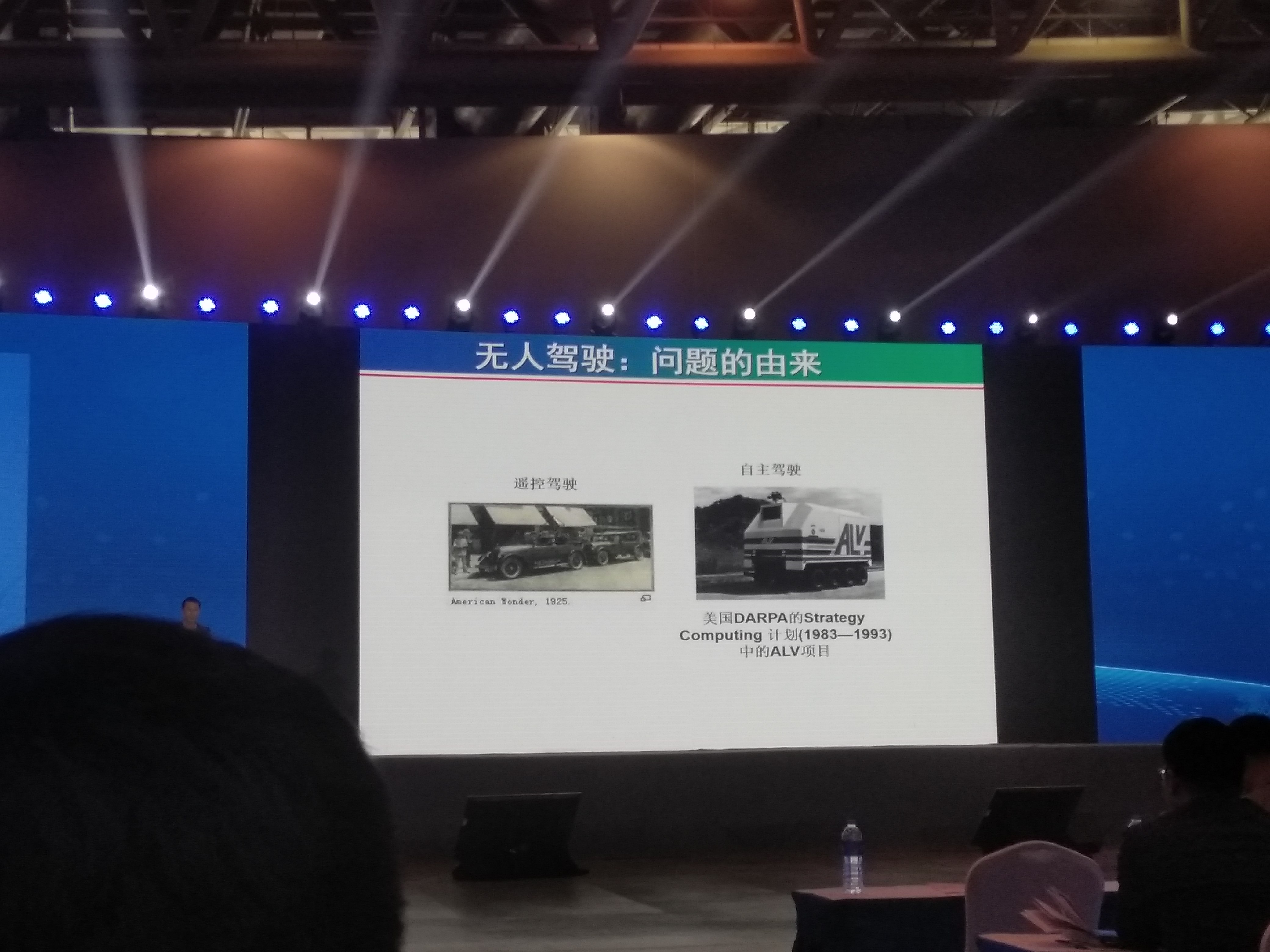



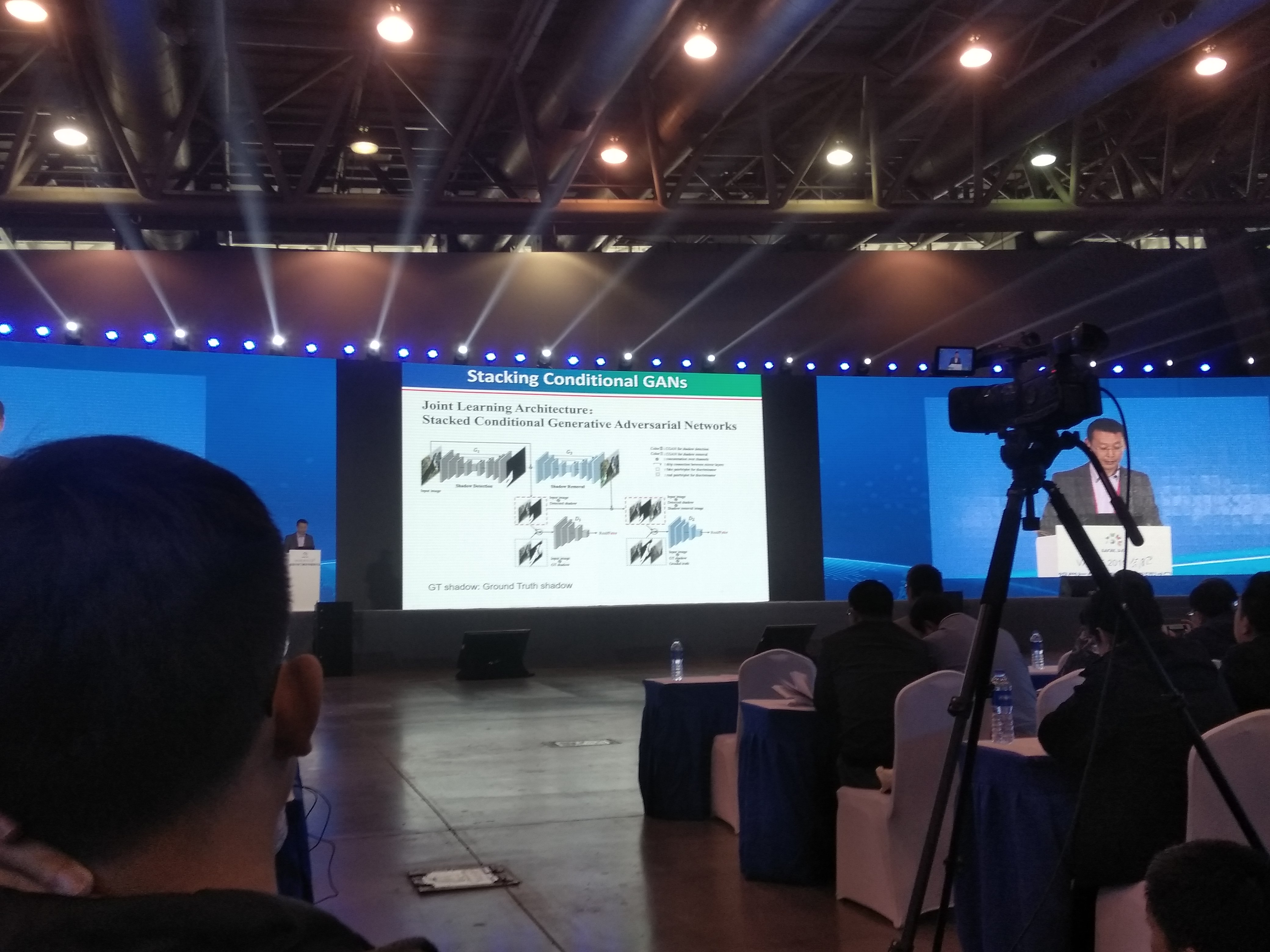
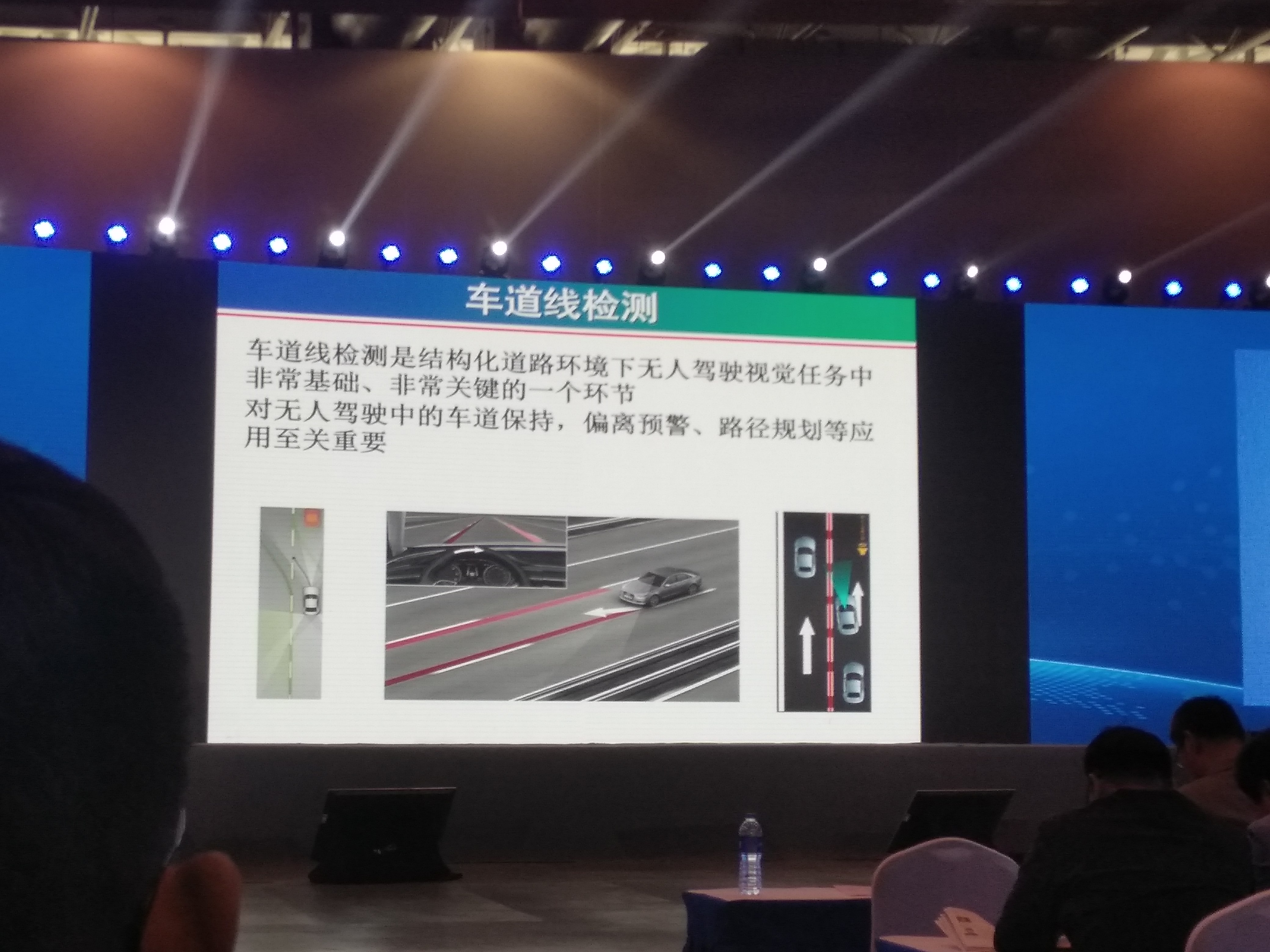



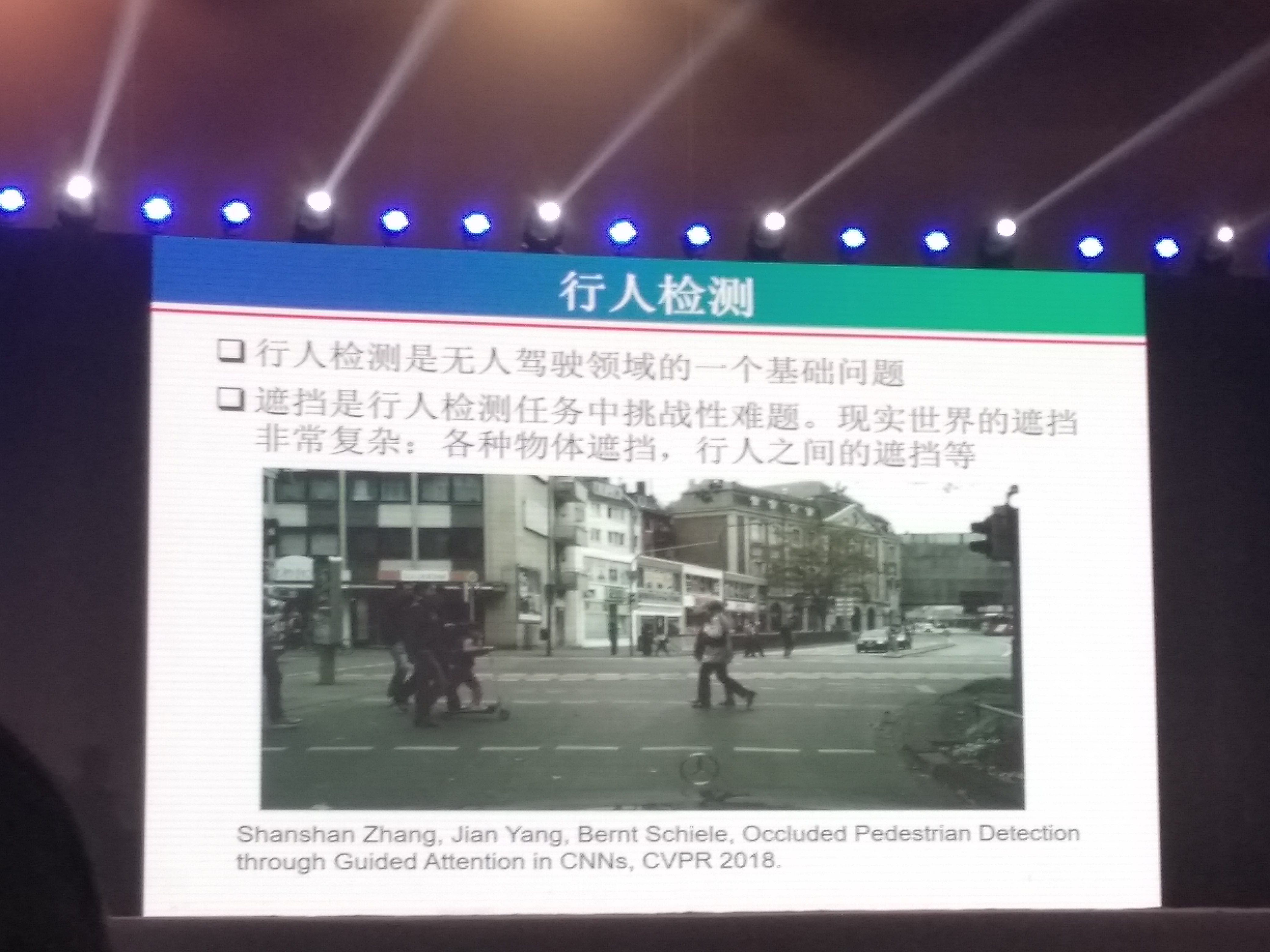
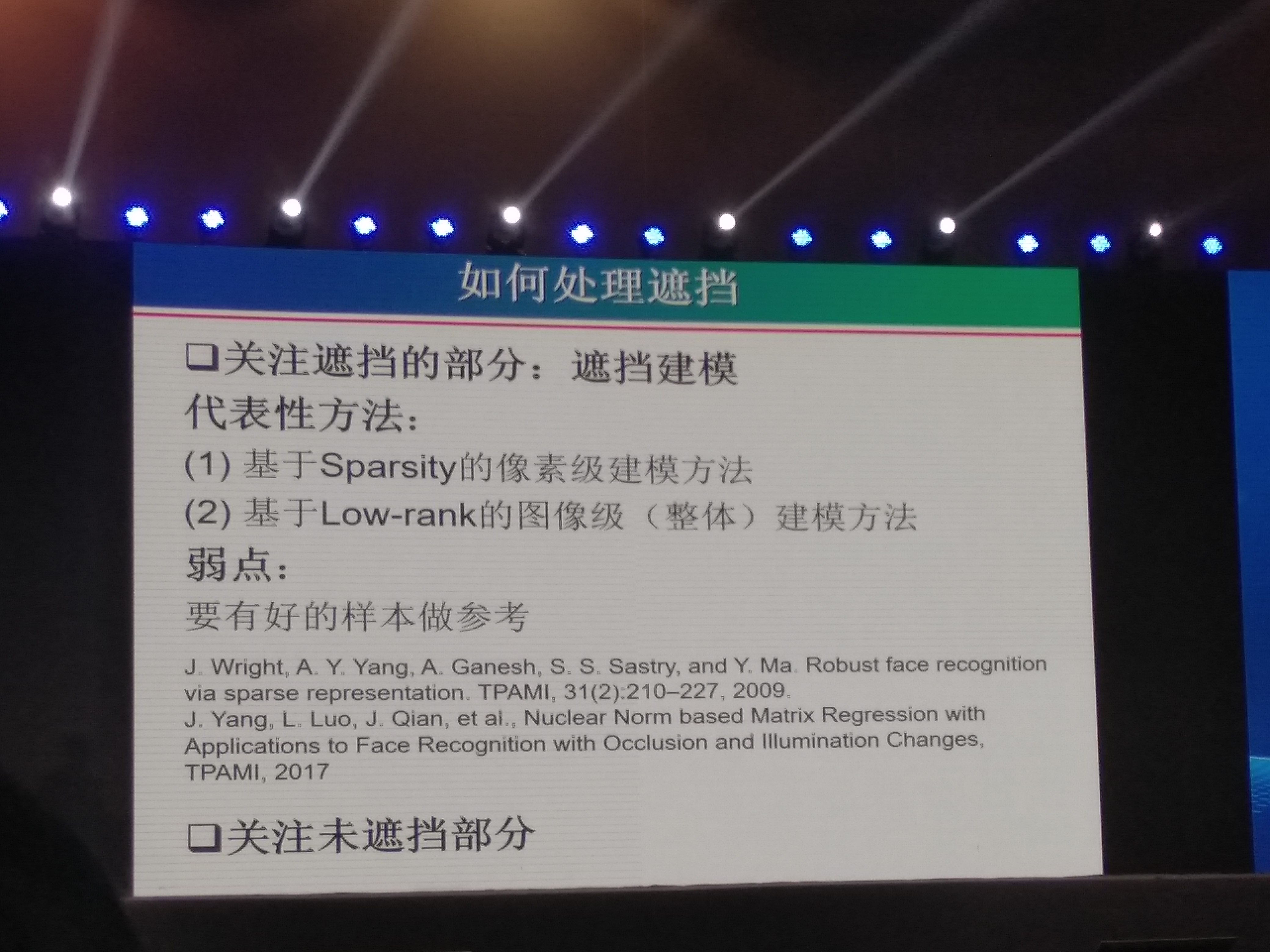
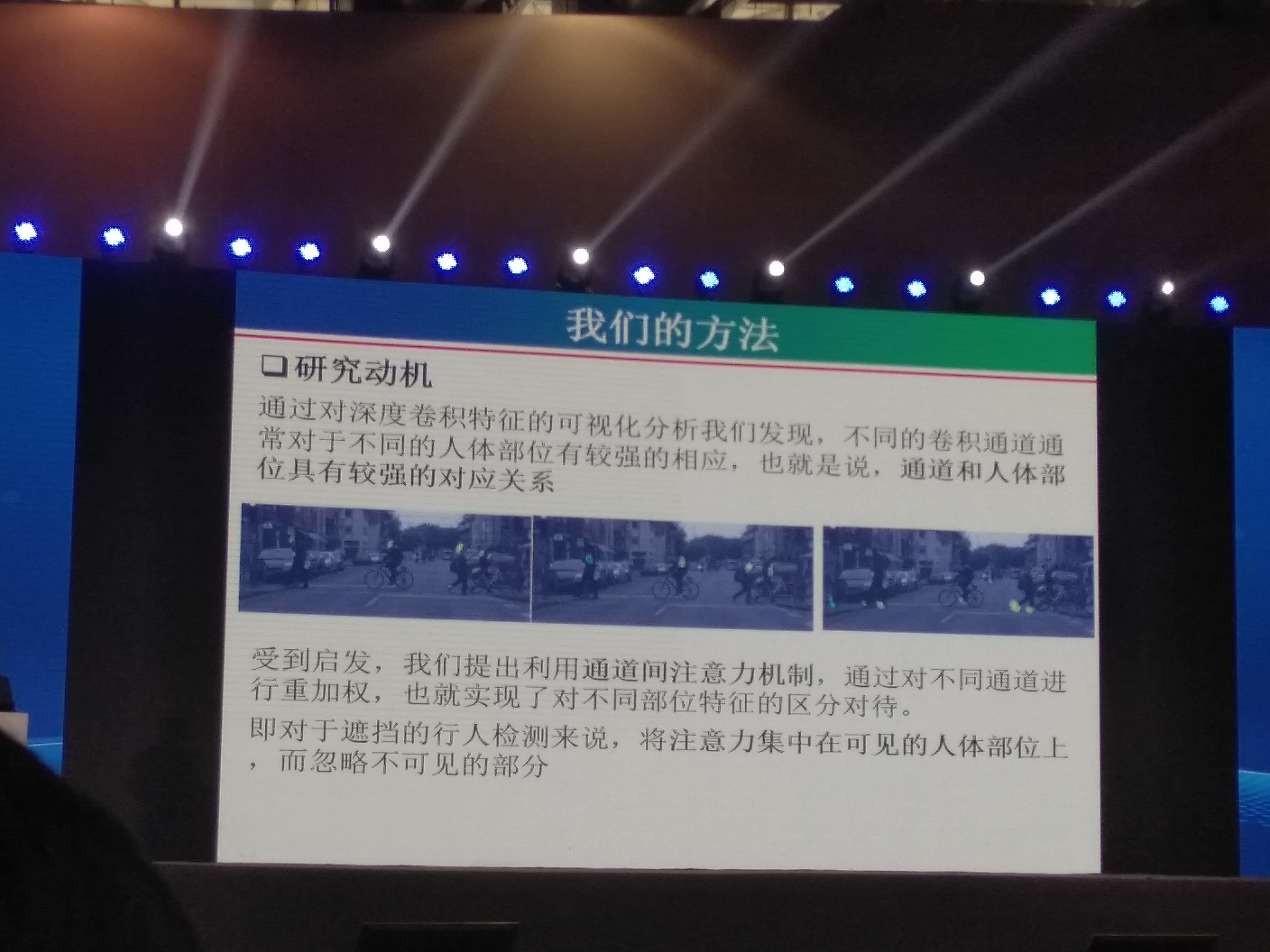


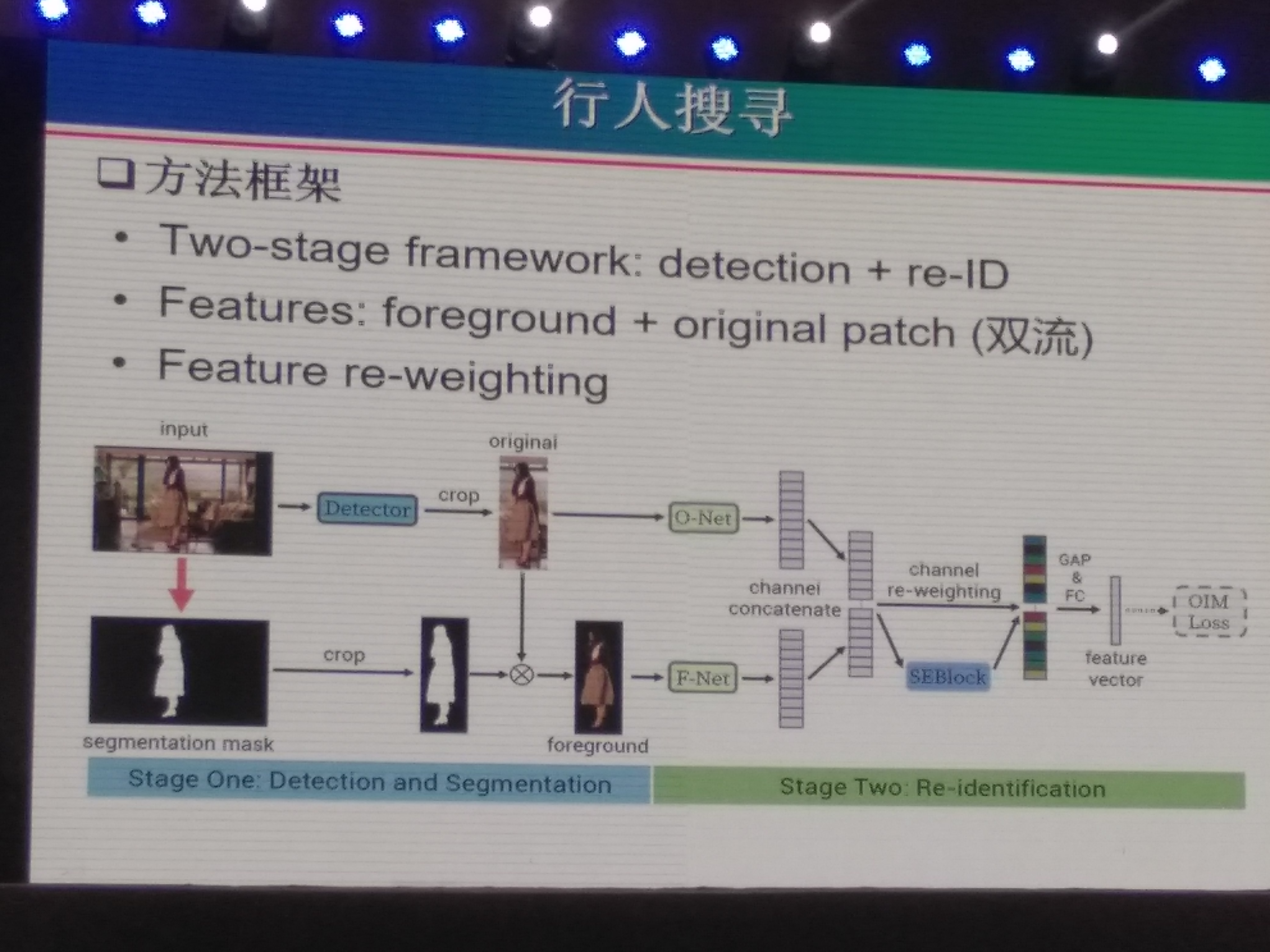
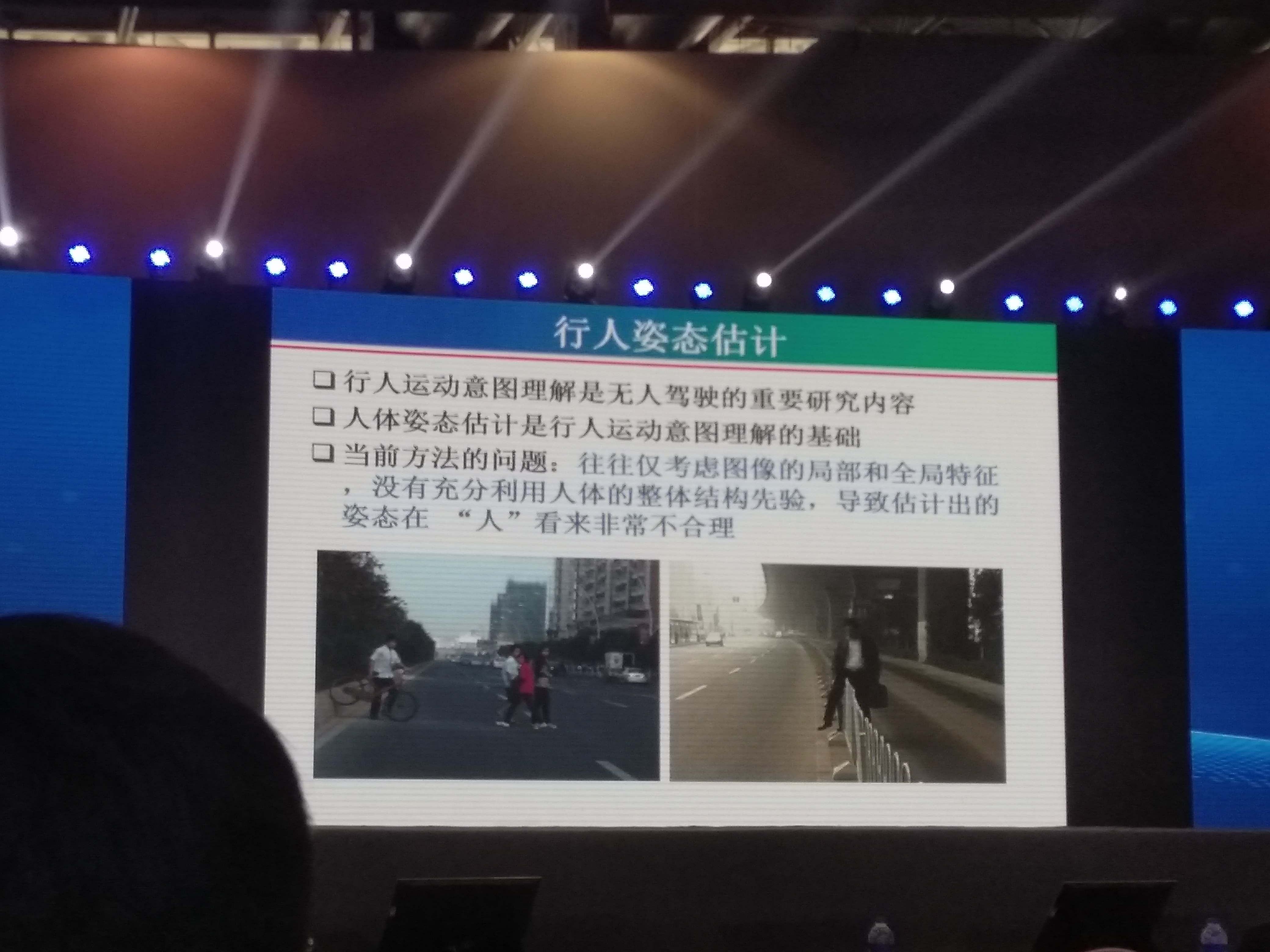
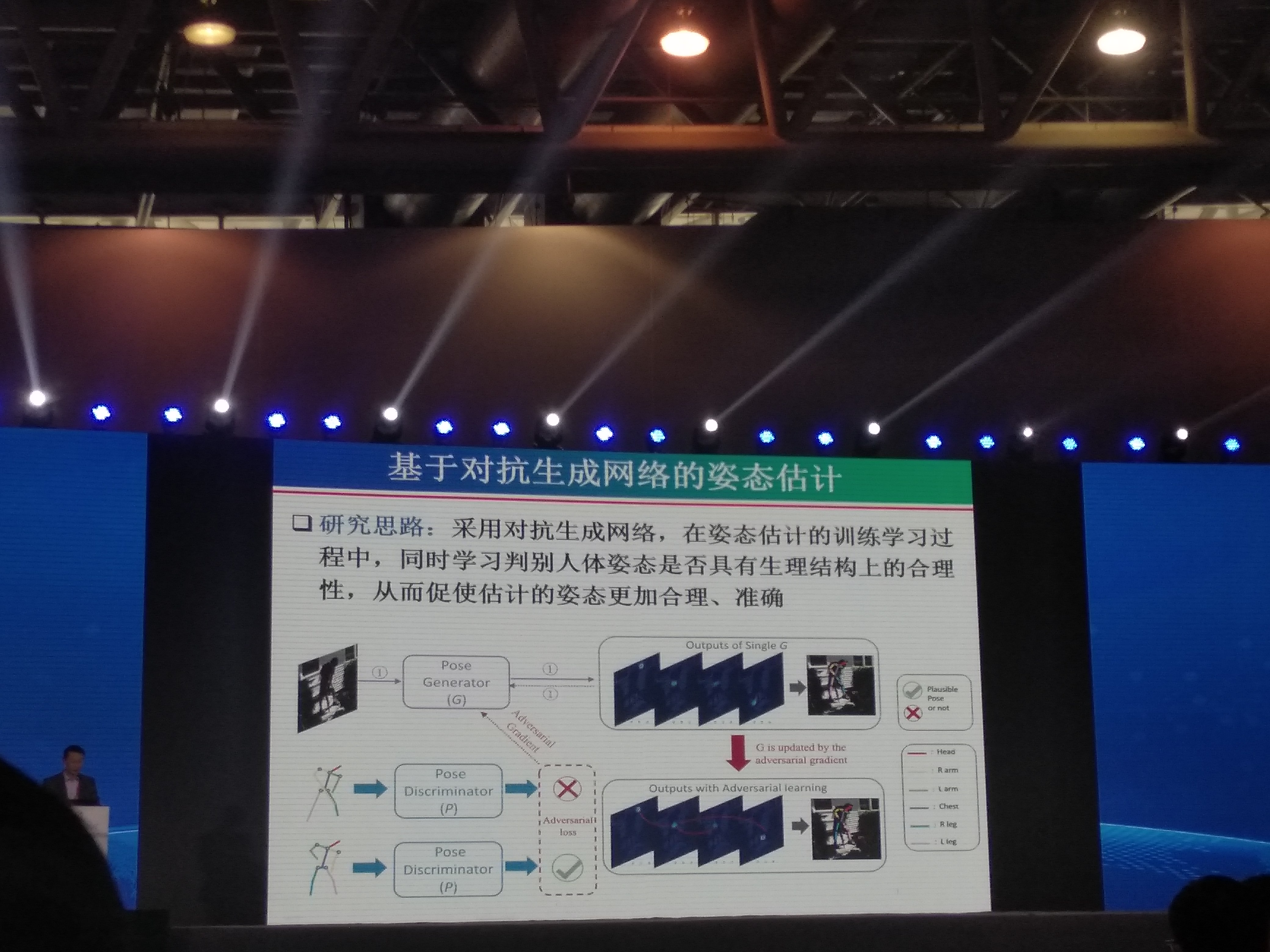
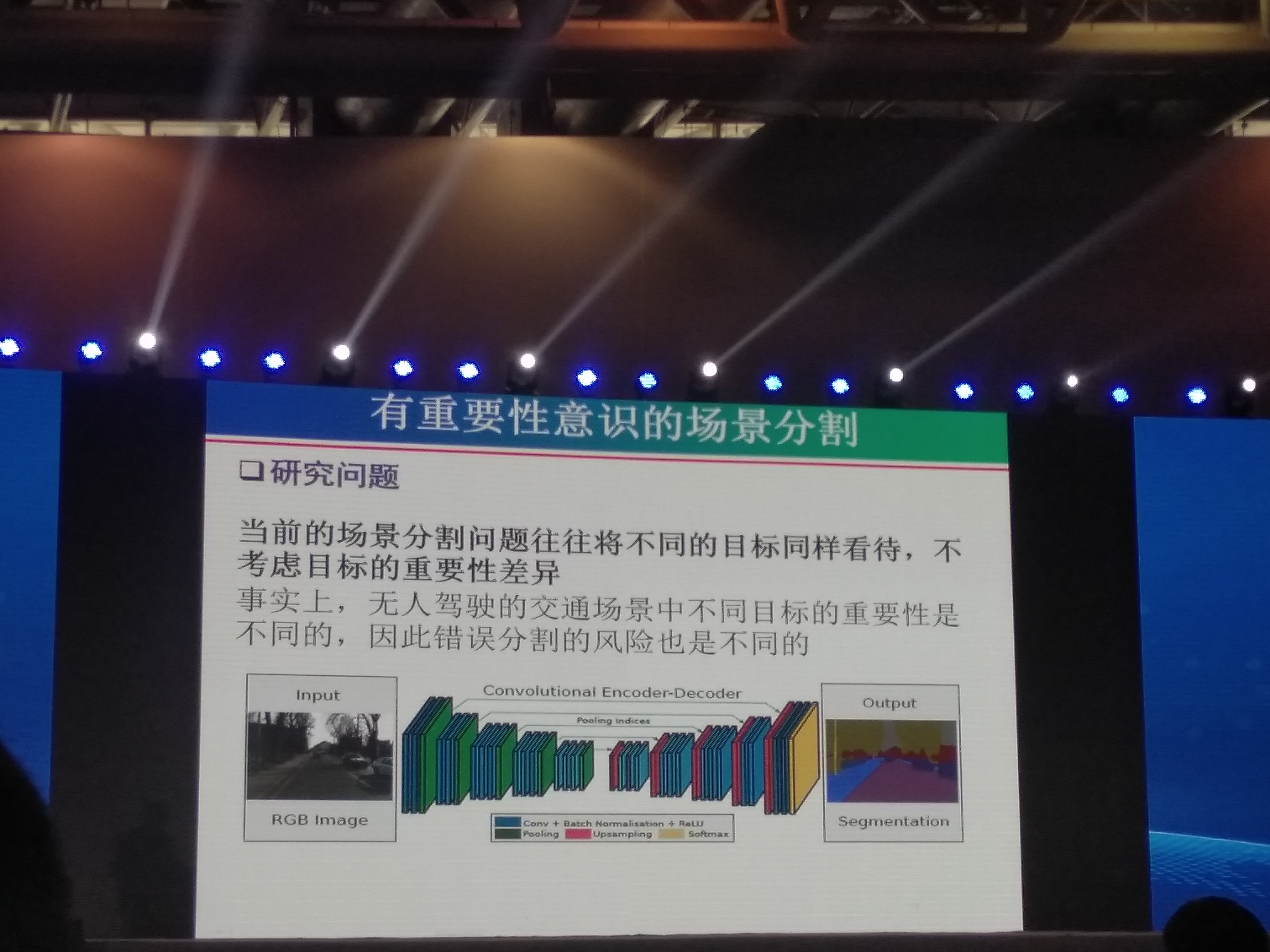
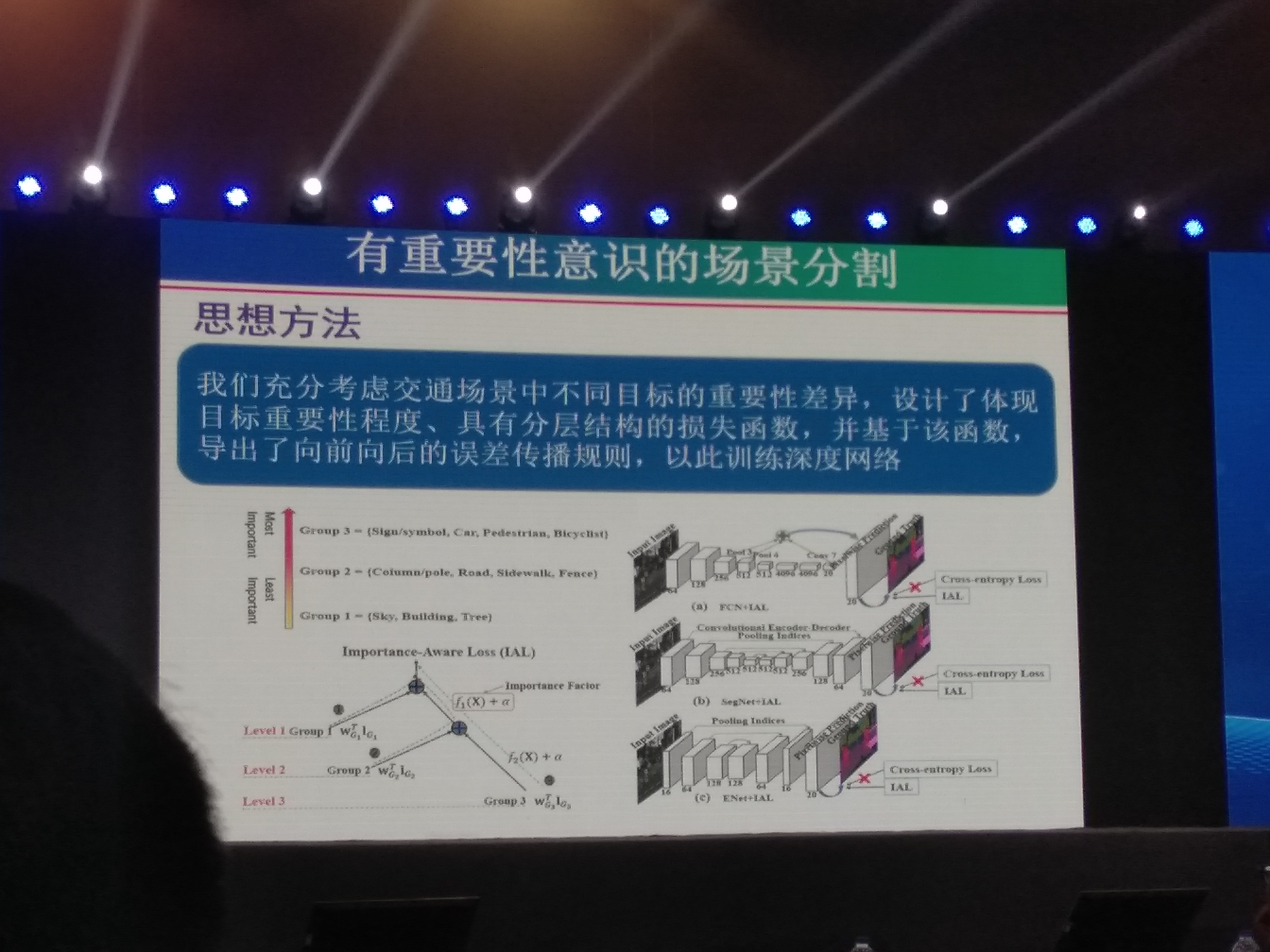
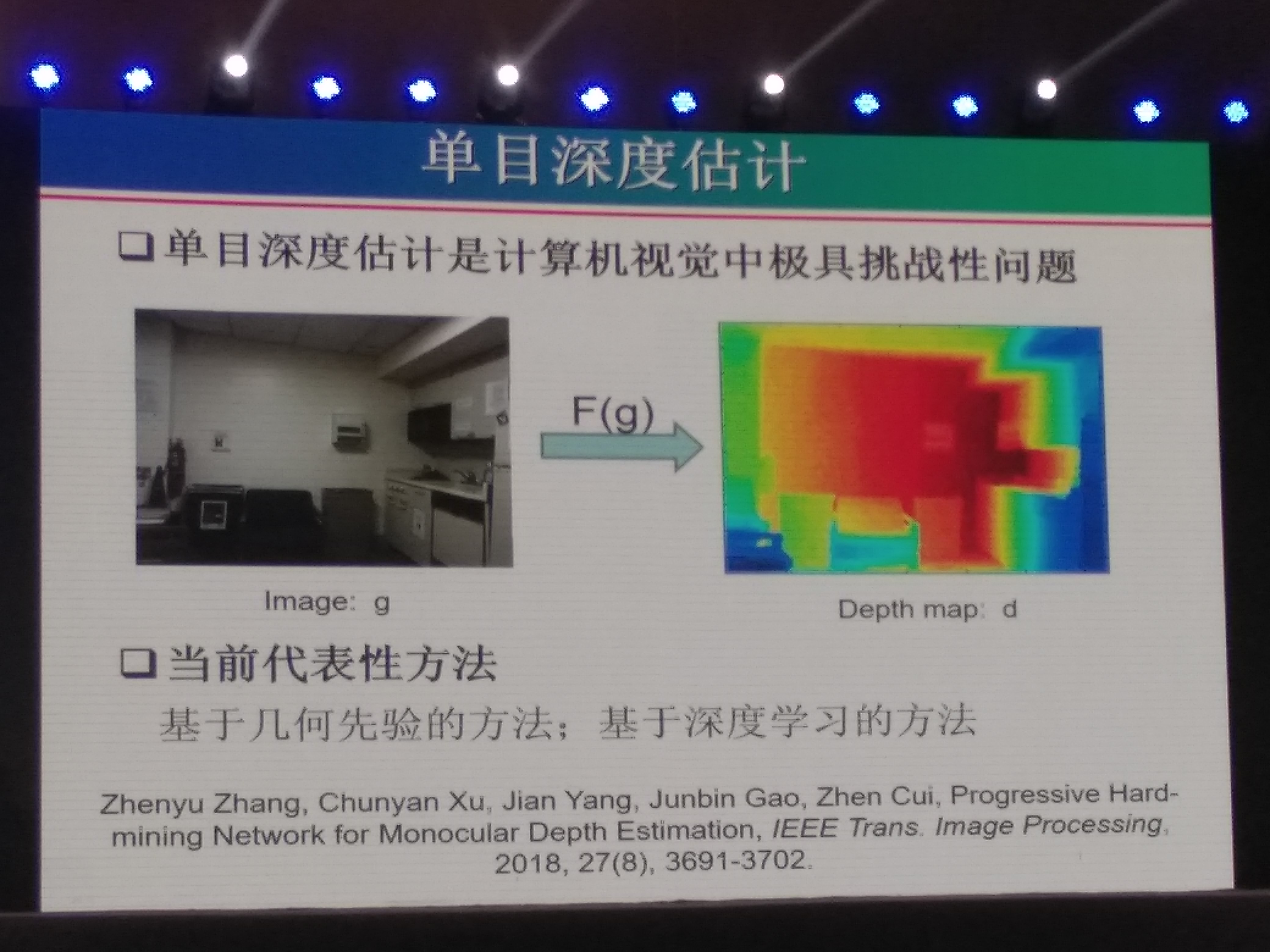
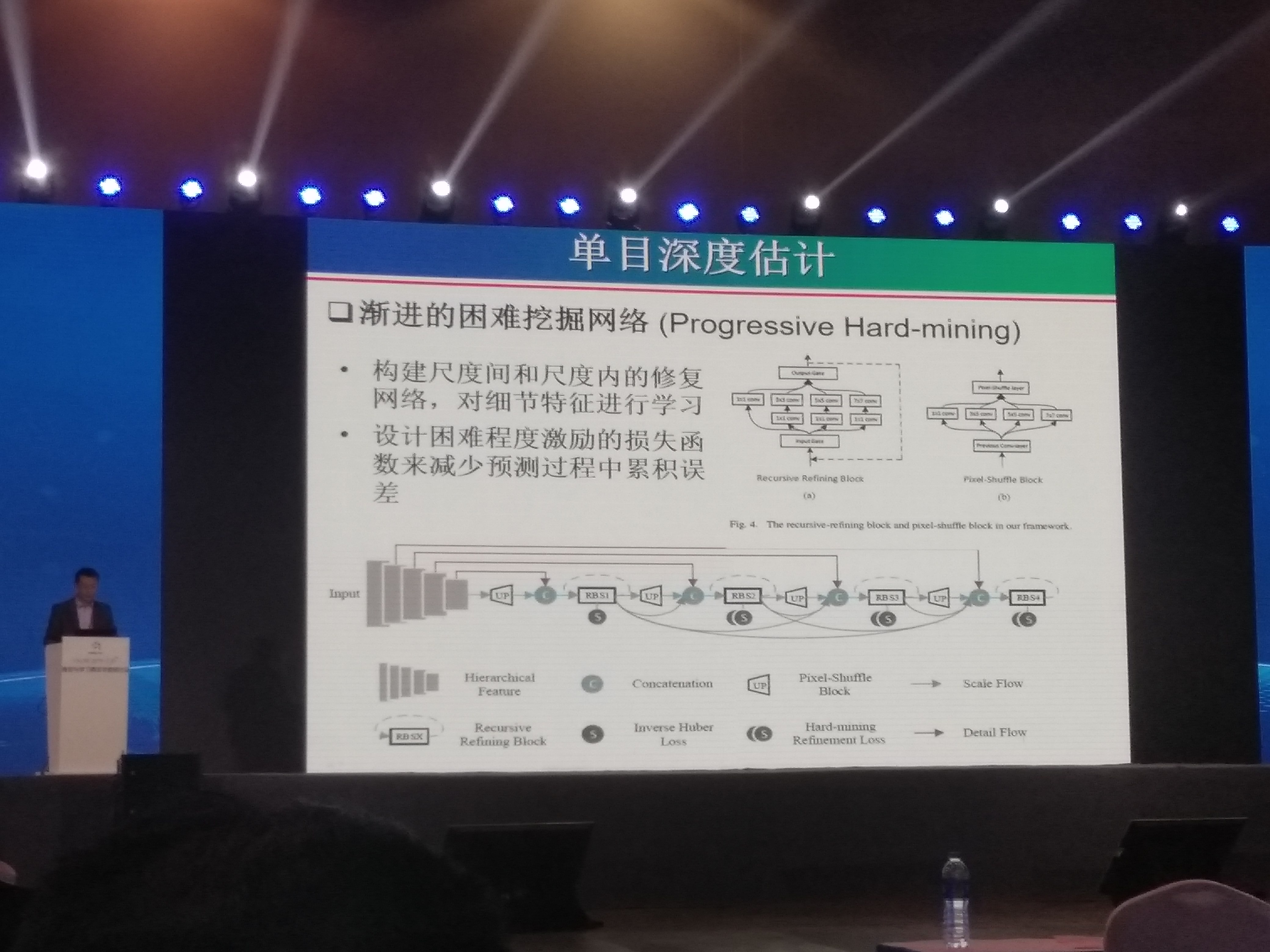


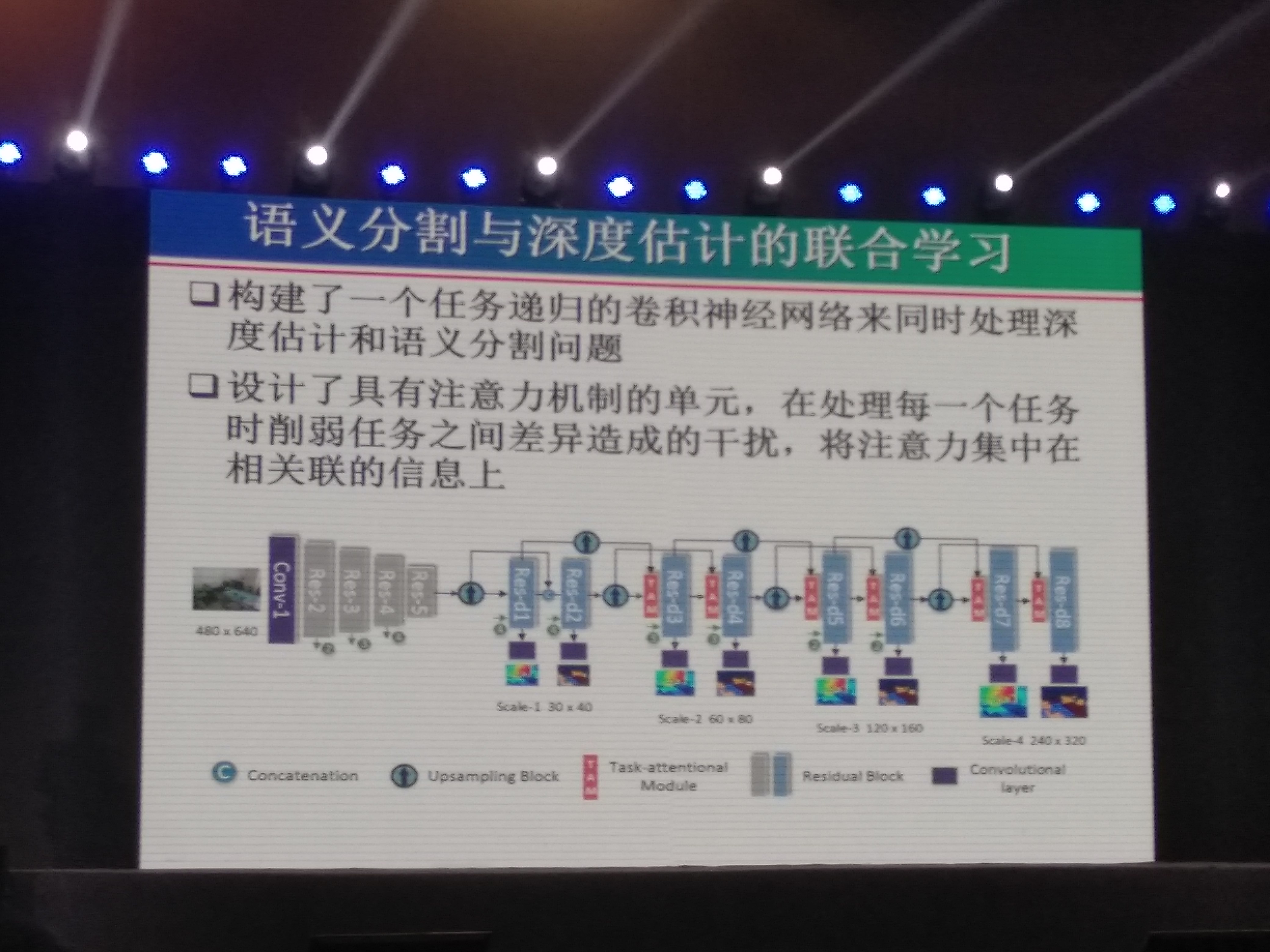
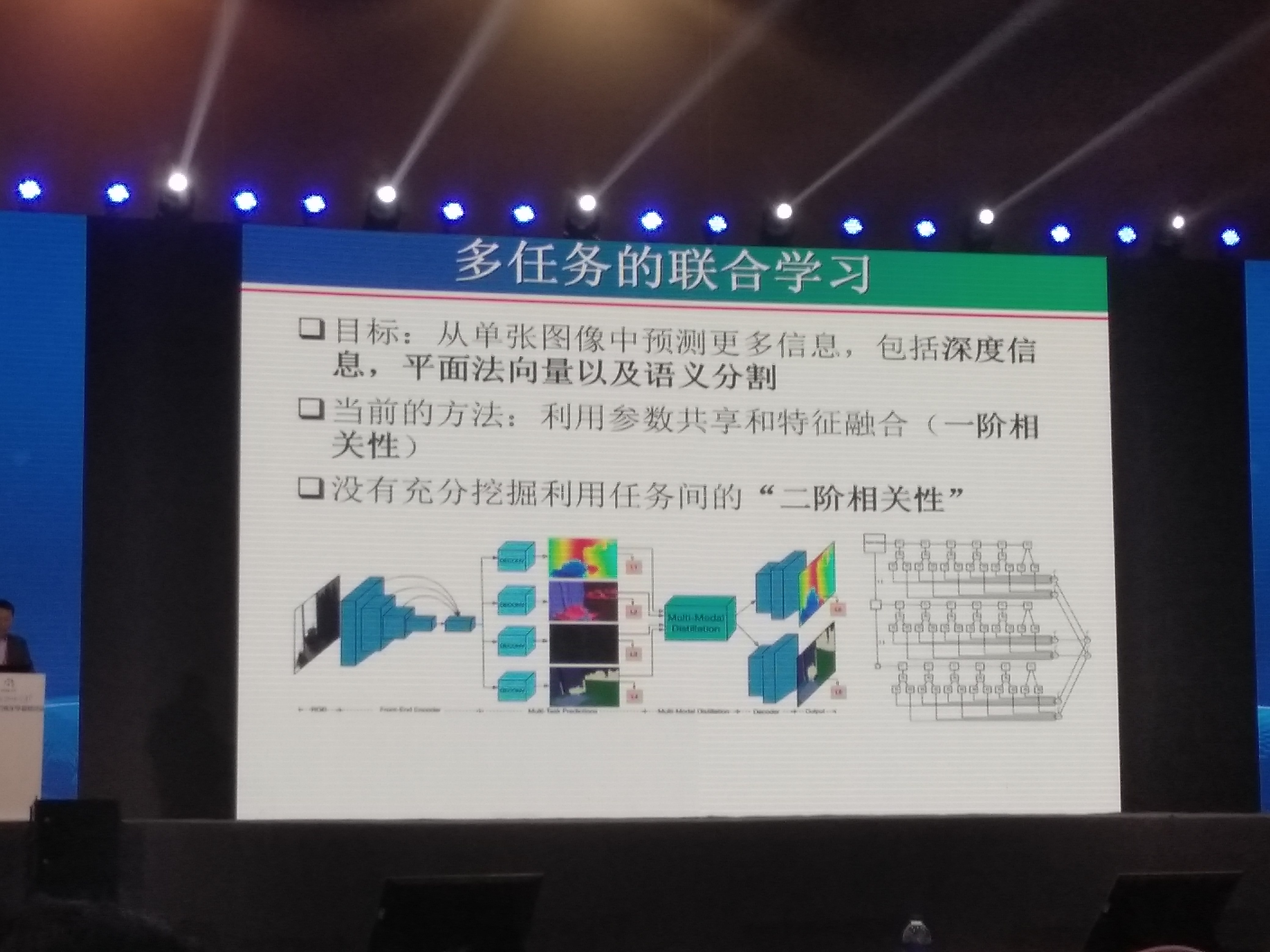
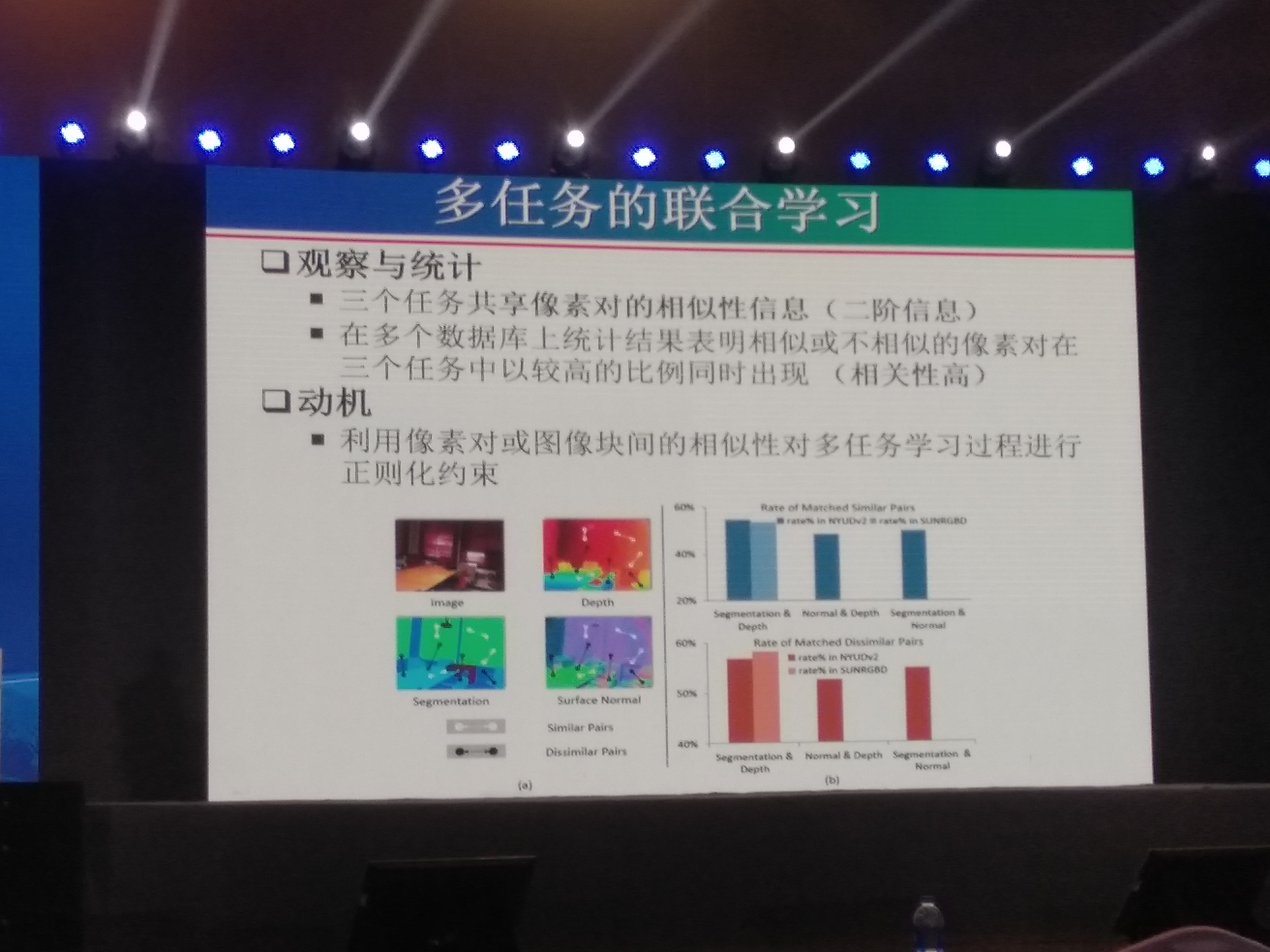

4.2:Learning to track and segment objects in videos
- 很迷的一个报告,没啥干货
4.3 AI破晓——机遇与挑战 (陶大程)
- 没听
4.4 深度学习处理器 (陈云ji)
- 没意思,贴图待定
4.5 基于知识驱动的行为理解
outline
- knowledge engine - a possible direction: HAKE
- pose - open the door of activity understanding: Alphapose, Crowdpose
- sequence modeling: Deep RNN: semi-couple prociple
- summary
why activity understanding is difficult ?
- huge semantic Noise (compare to object recognition)
- Long-tail distribution, few-shot problem (DL fails)
- 结论:pose is not enough, we need konwledge pose
Human activity konwledge engine (HAKE)
- to see/parse/understand the activity
- knowledge engine construction: 见图片
- reasoning via part states(HAKE): 见图片
- human-object interaction
- 见图片,几个 HOI Dataset 有:AVA, ActivityNet, Kinetics
- conclusion:
- activity data is semantically noisy
- knowledge at body part can help to denote
- HAKE:
- HAKE based Two-stage paradigm,见图片
pose - open the door of activity understanding: Alphapose, Crowdpose
- 没记录
sequence modeling: Deep RNN: semi-couple prociple
- 没记录
summary
- 没记录,等他主页公布PPT吧
部分图片,
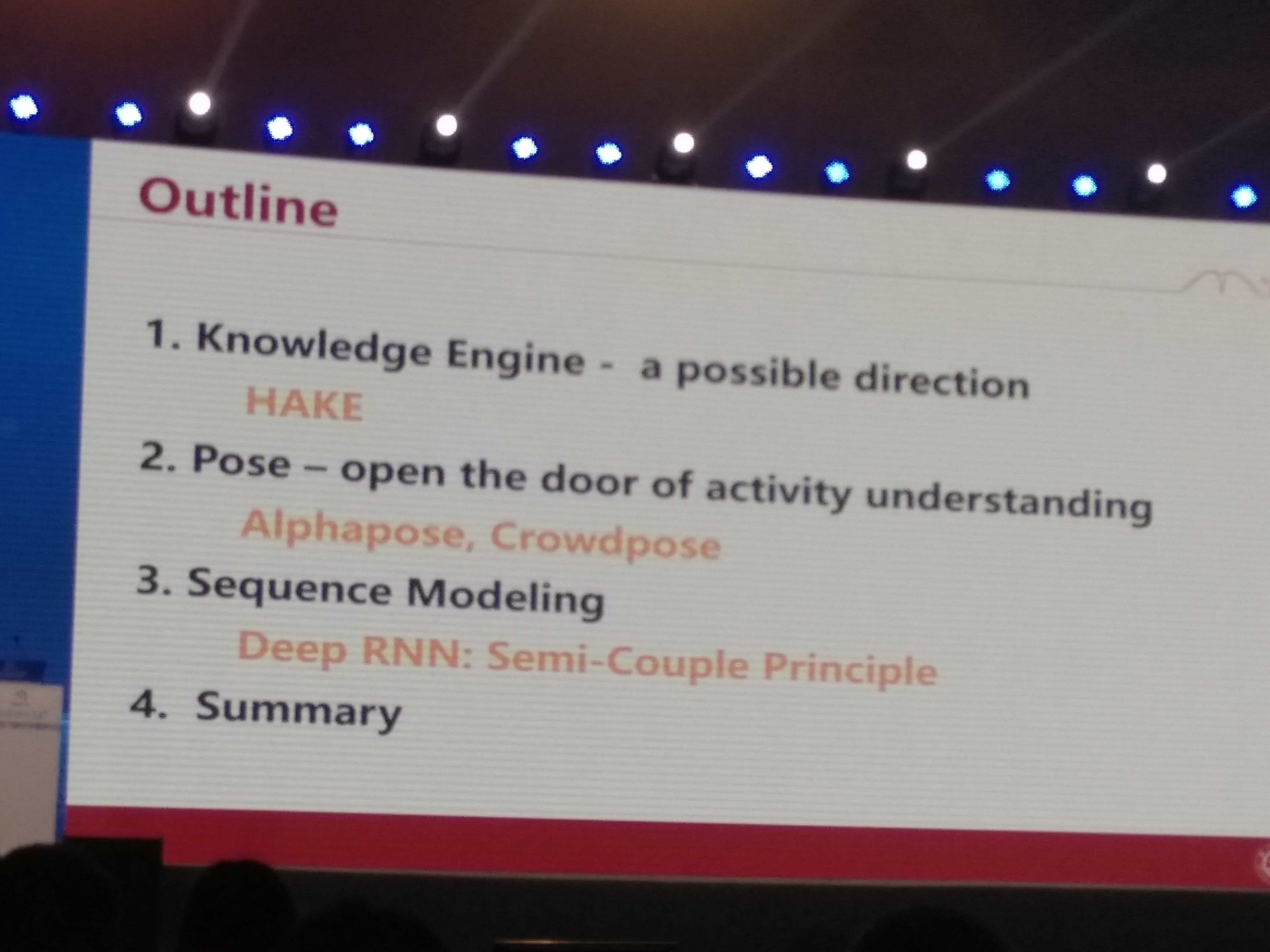
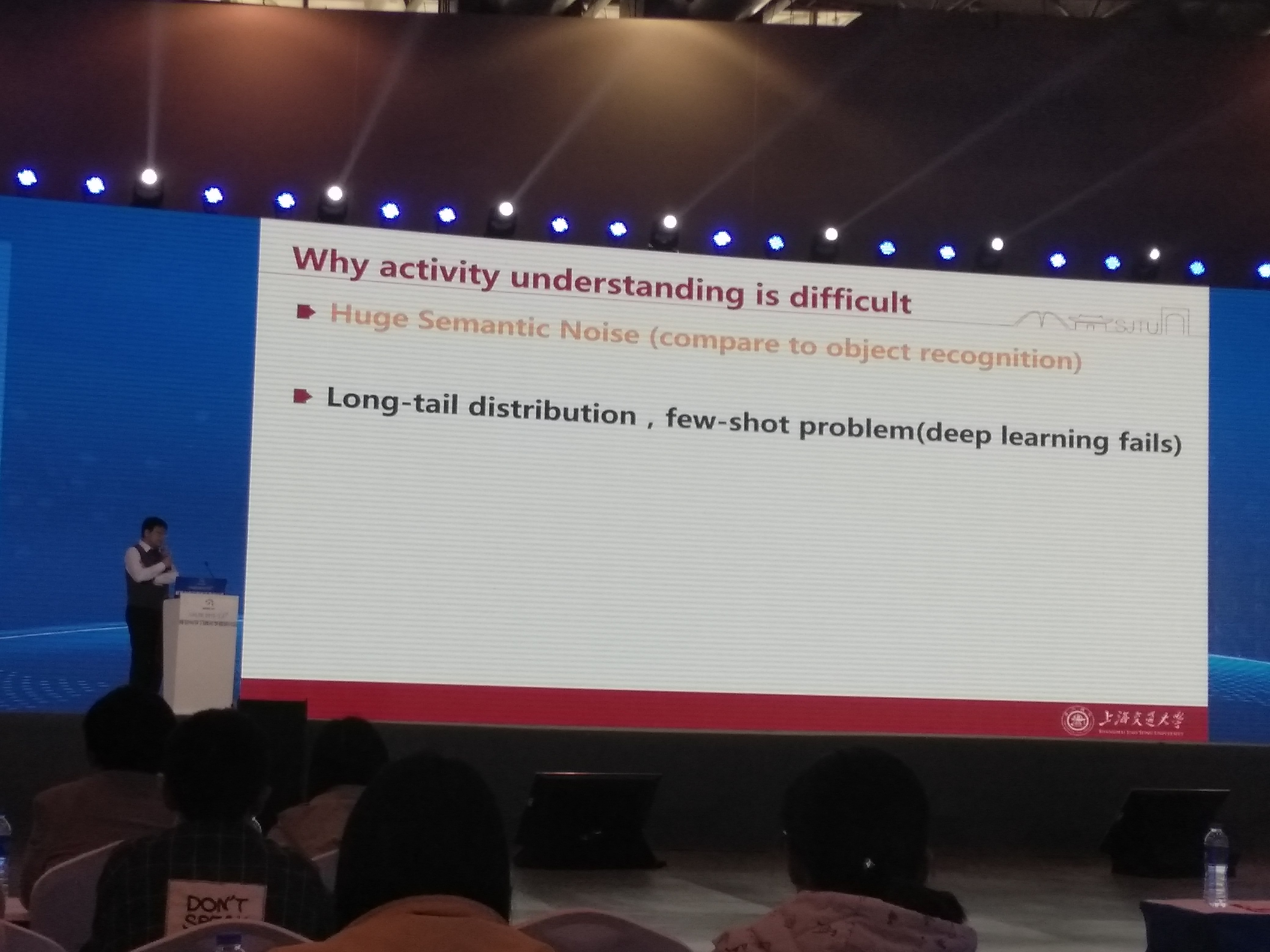

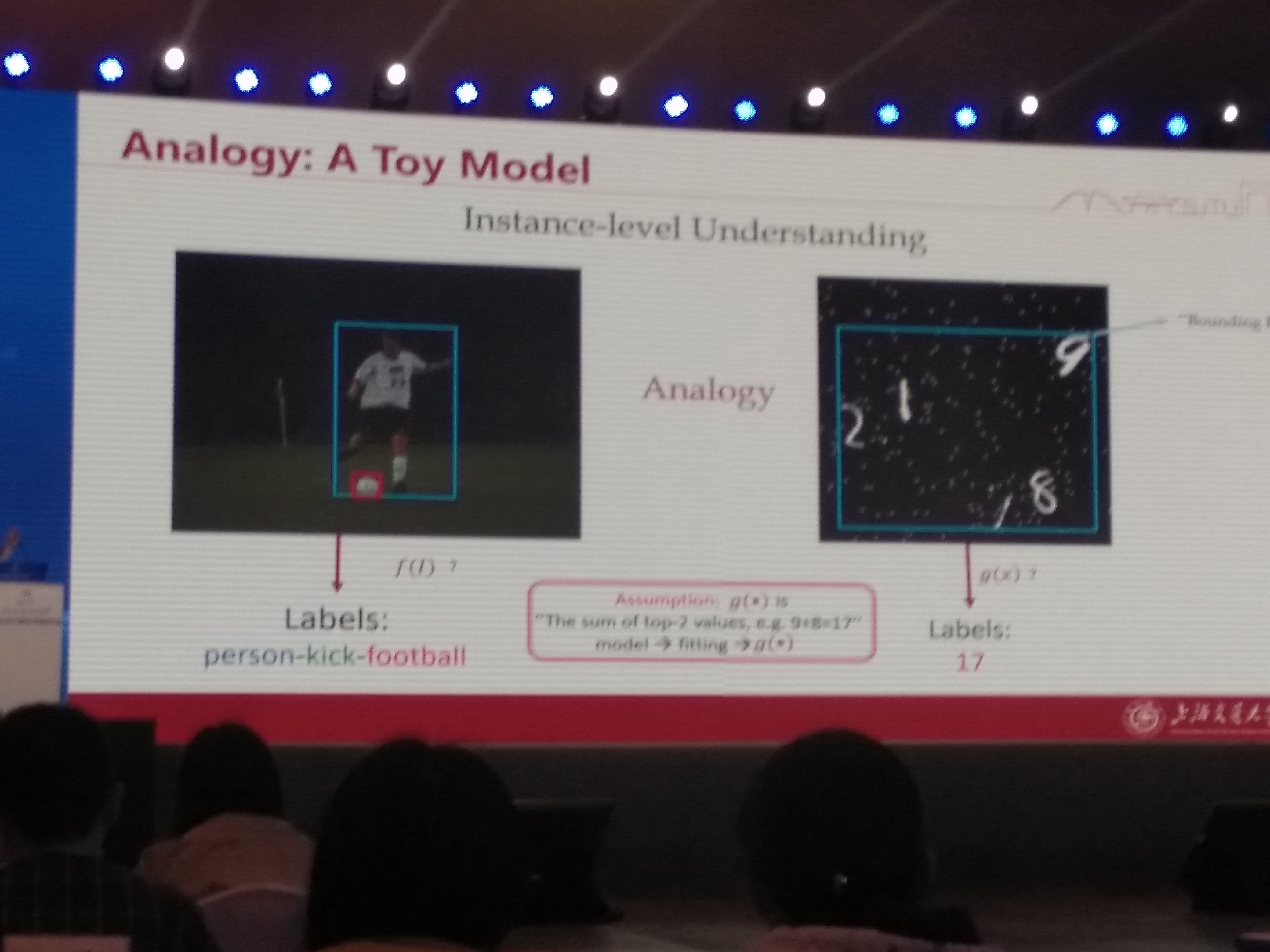

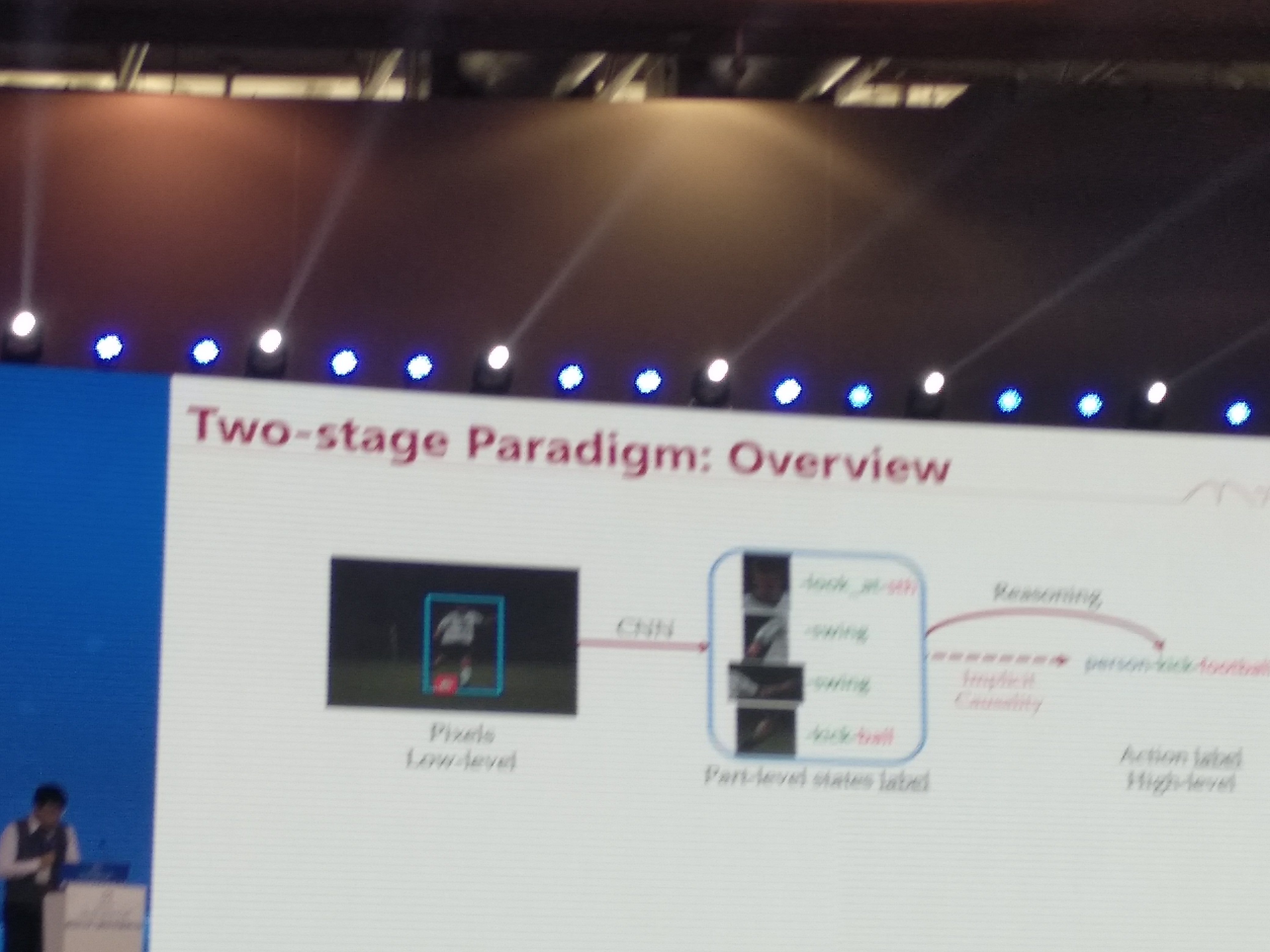

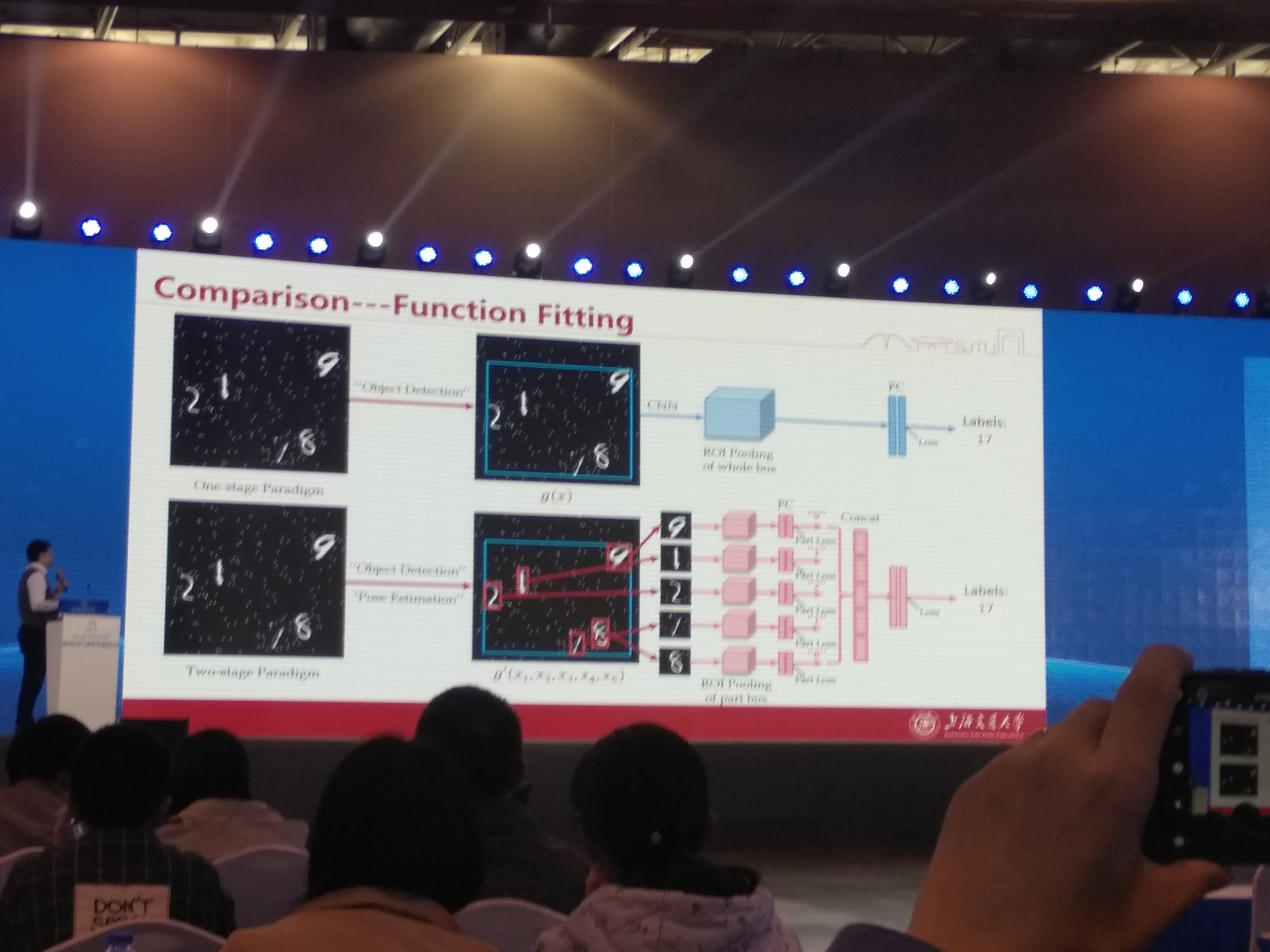
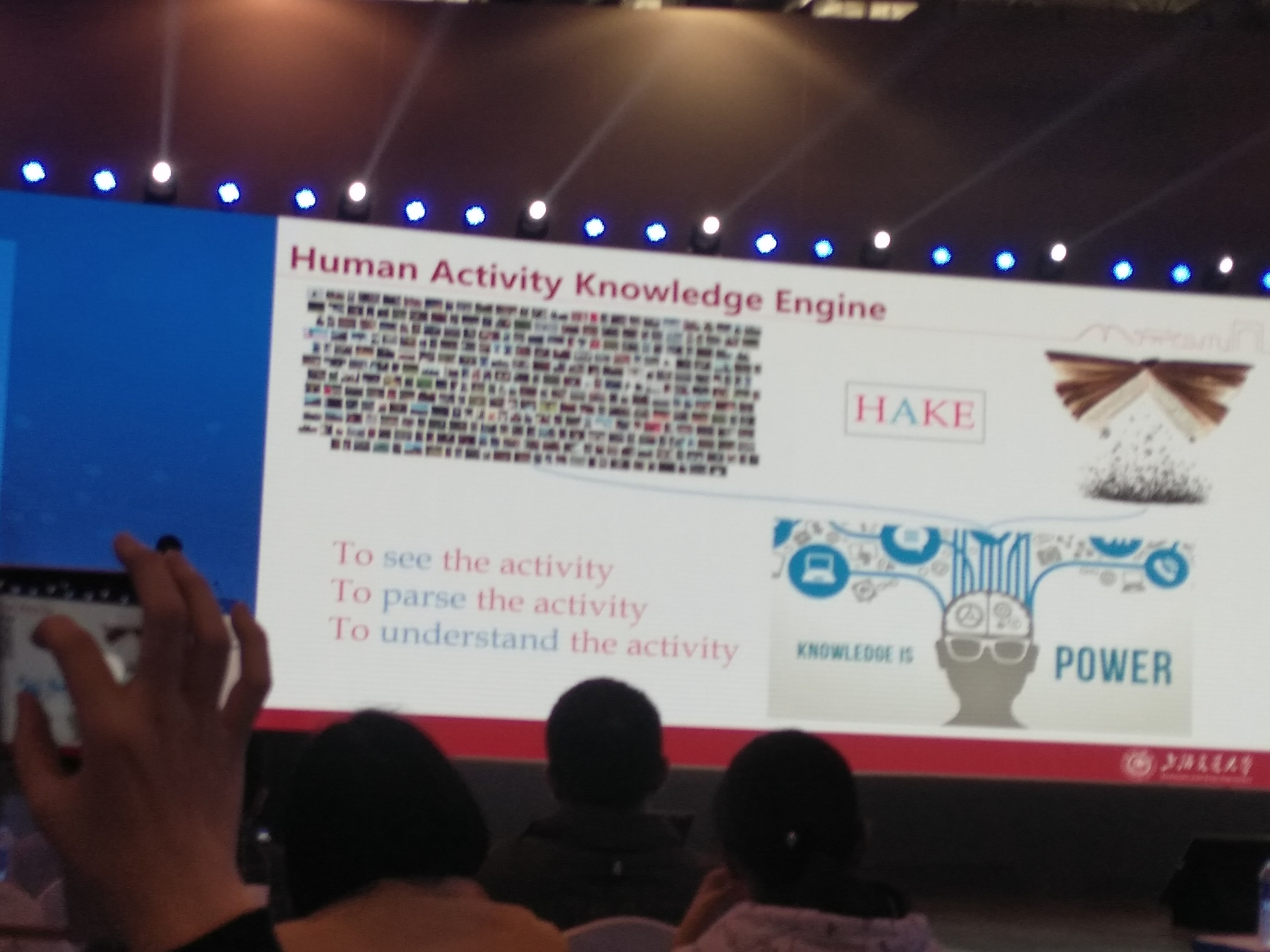
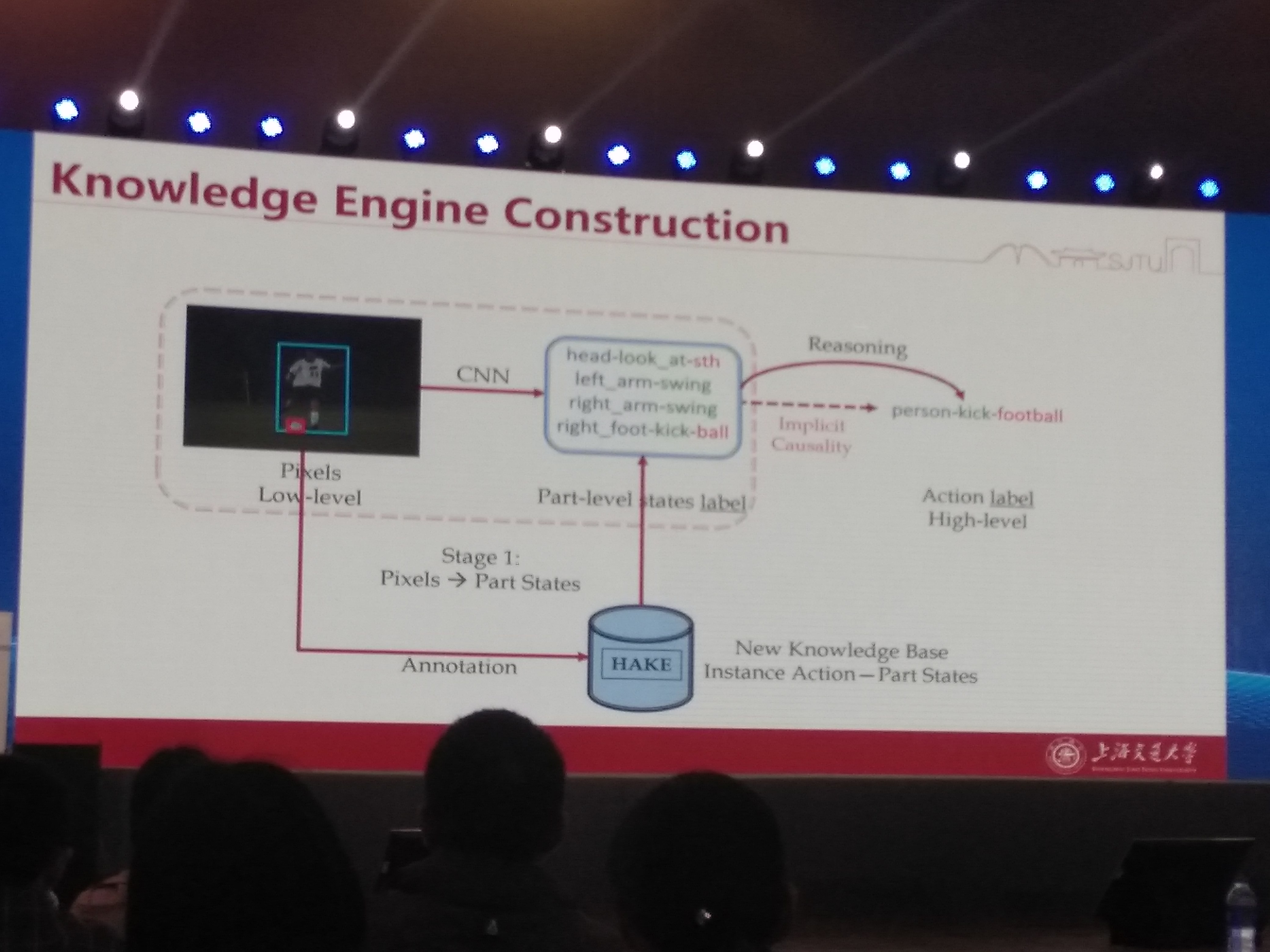



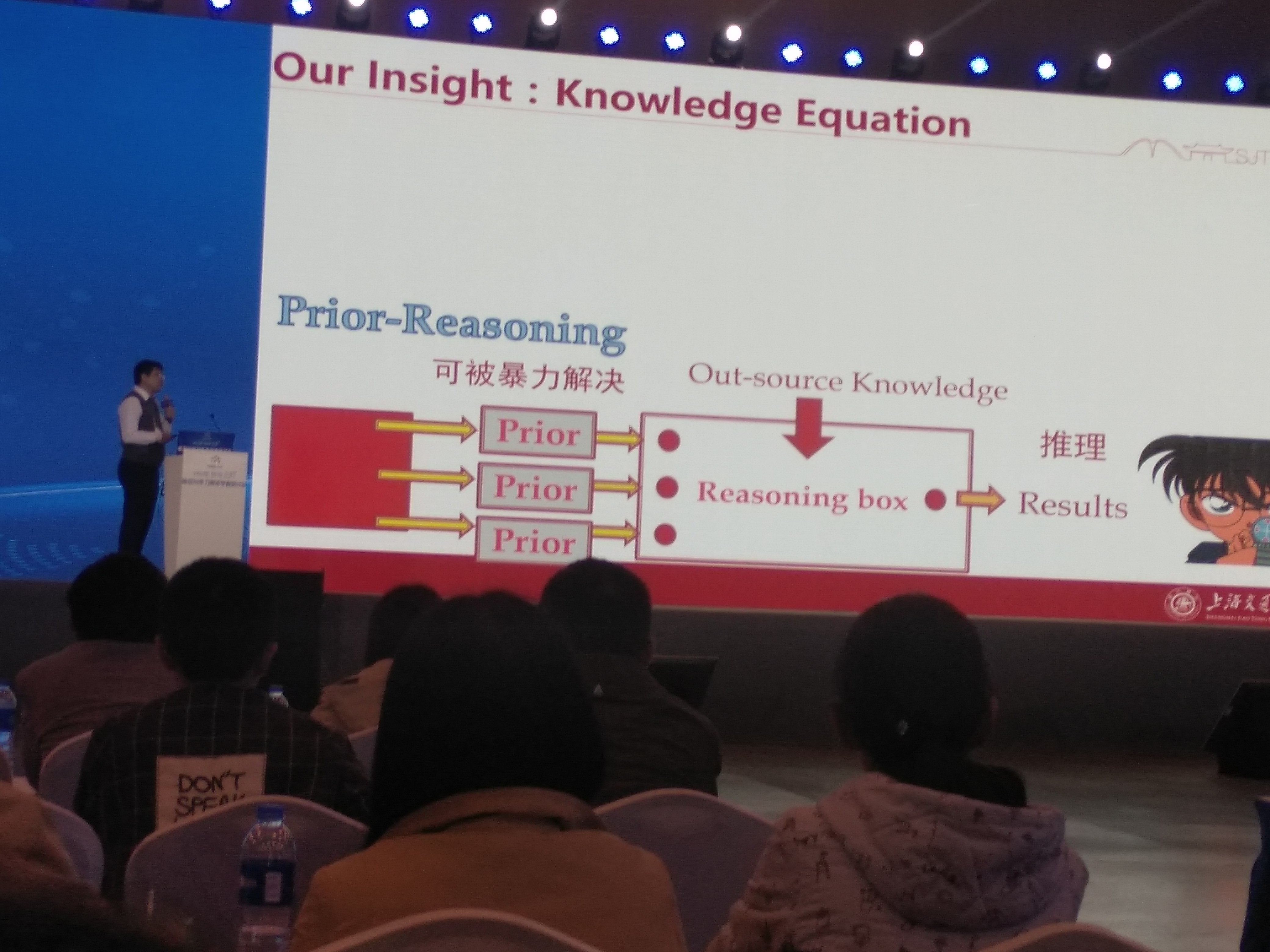
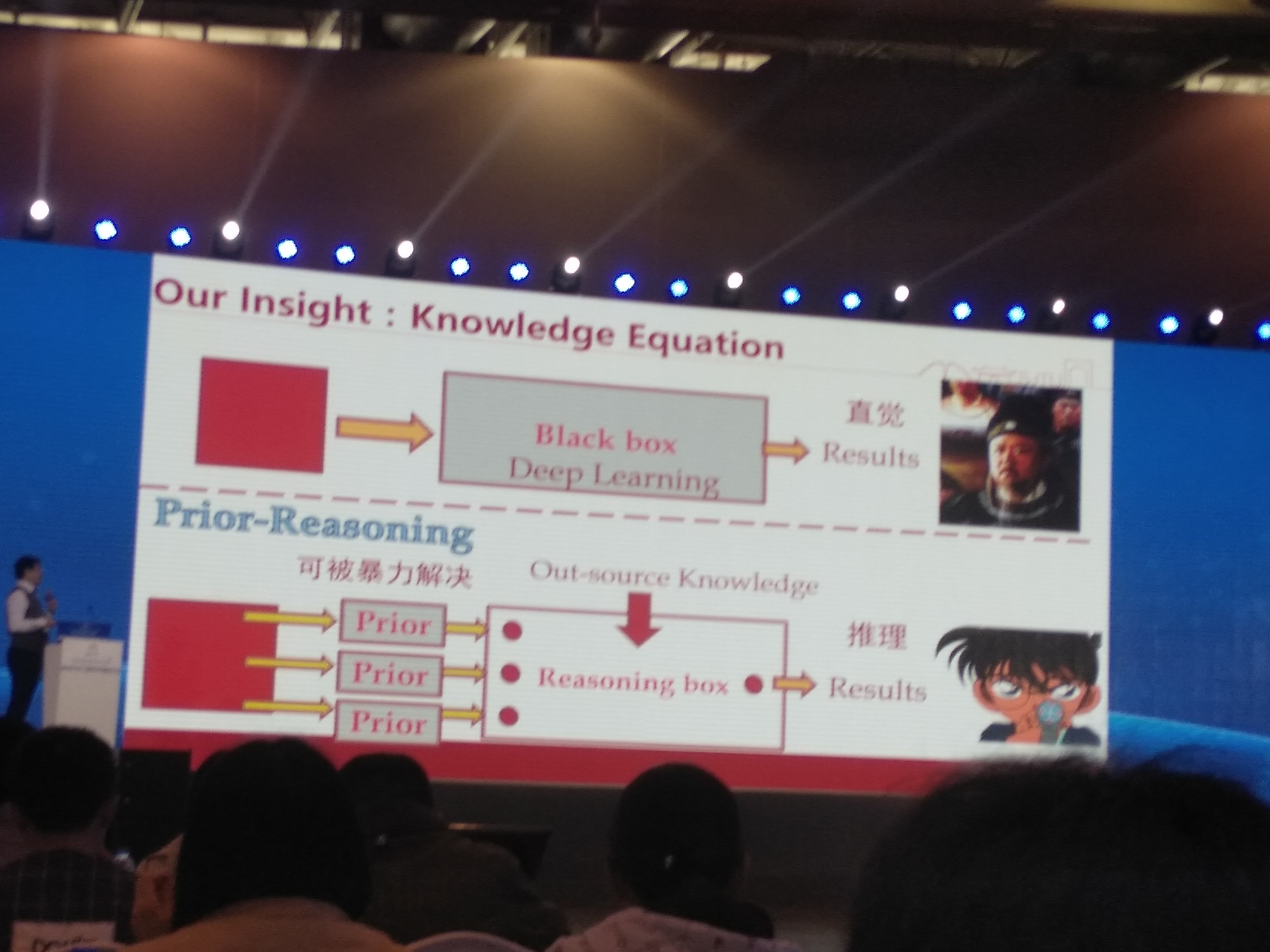
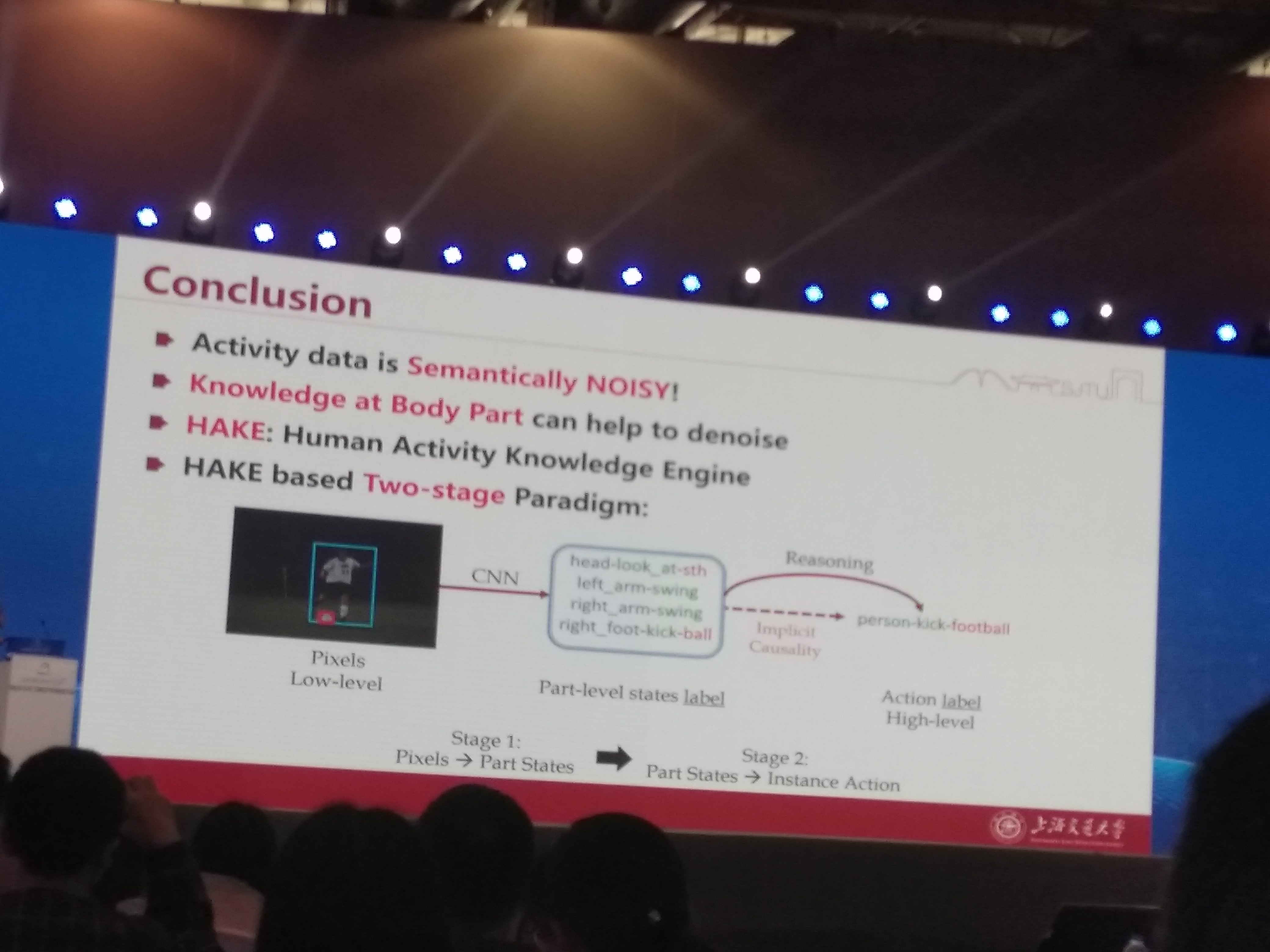
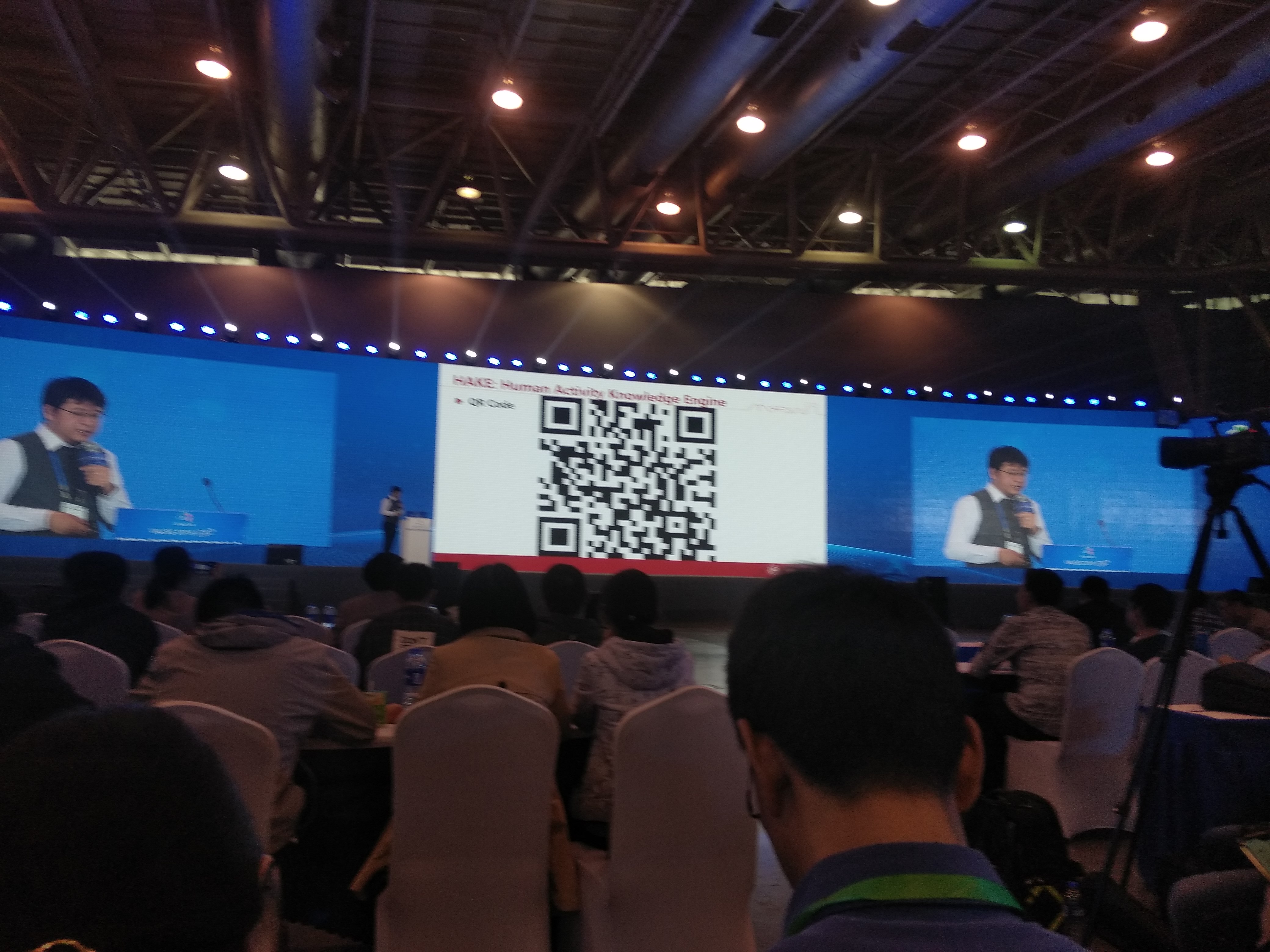

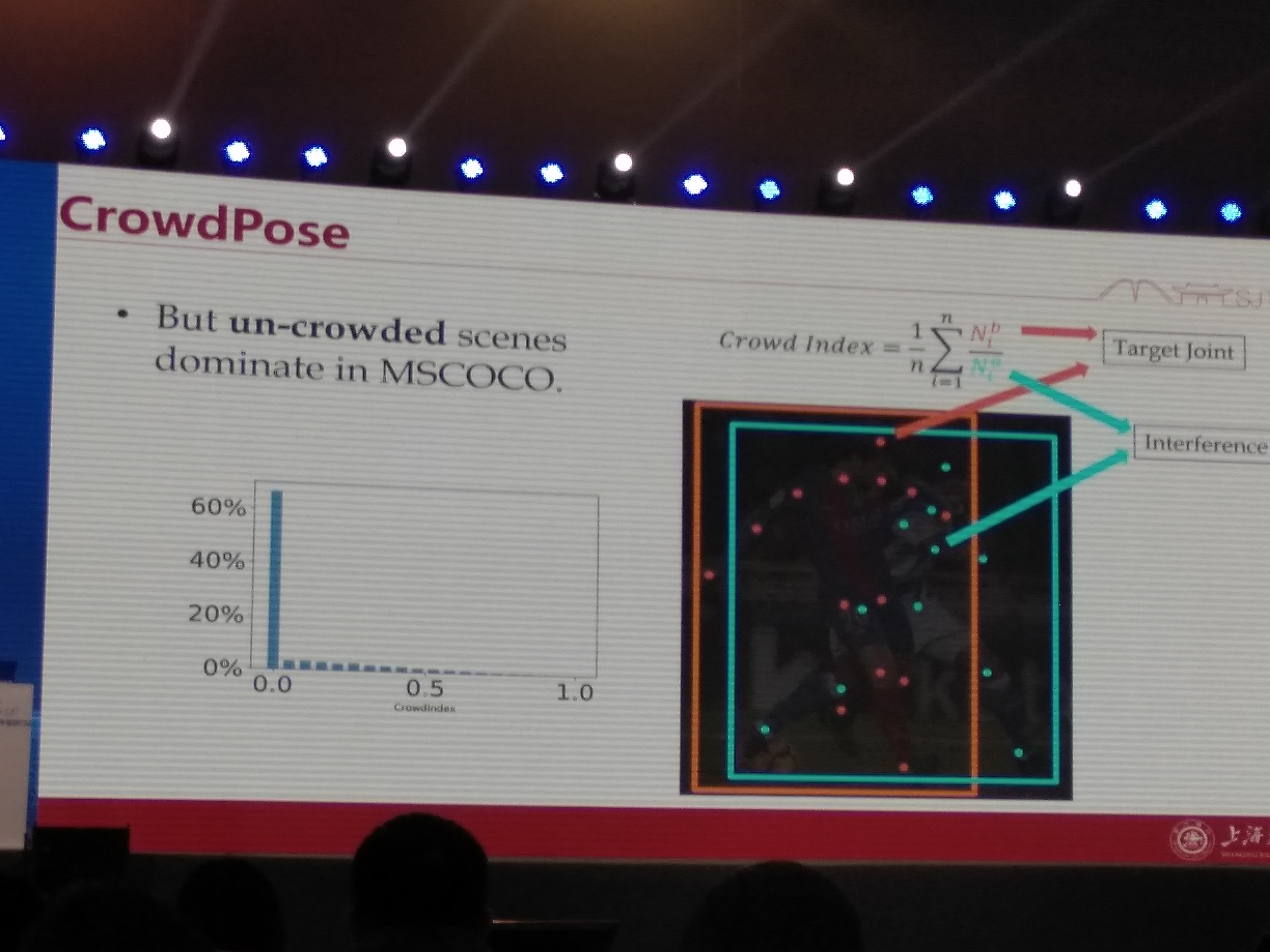
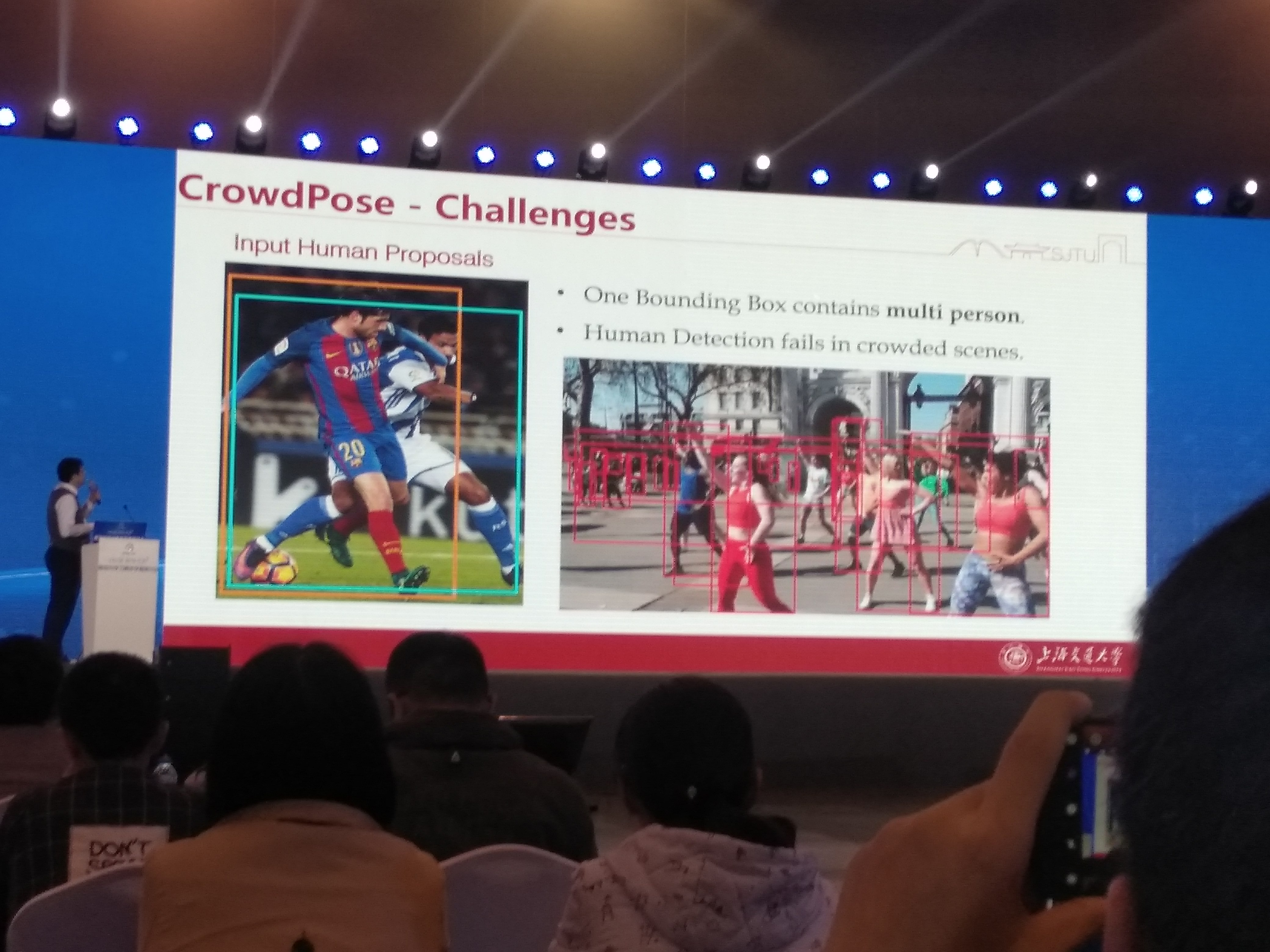
4.6 人工智能与未来出行
- 没学术性,贴图待定
4.7 计算机视觉的下一步:迈向大AI (罗杰波)
- 没注意,贴图待定
4.8 梯度之谜 (孟德宇)
- issue
- limitations of model-driven methodology
- generally with nonconvex model
- only fit one unsupervised image
- slow prediction speed
- limitations of data-driven methodology
- require supervised-data
- black box issue: interpretability
- network parameters/structure are hard/easy to be designed
- limitations of model-driven methodology
- 从梯度角度思考,解决上述问题
- 贴图片,有一些论文